No question about it, The Apothecary Diaries was one of the big possums of the fall season. It walks late, and as is all the rage these days. debuts with a multi-episode (three in this case) movie-style premiere. Unlike Sousou no Frieren it actually starts three weeks in, so the episode count (24) isn’t inflated. I have mixed feelings about this approach to be honest – material that’s tailored to be consumed episodically is often better served that way. If there’s a unifying theme to the extended premiere – as was the case with Vinland Saga and Oshi no Ko – that makes it feel like a movie, it makes sense. If it’s just multiple episodes strung together, not so much.
This seems more like the latter to me, but that’s fine – in the end what matters more is the quality of the material. Kusuriya no Hitorigoto is based on a light novel, a medium about which I have great skepticism, but it seems to be one of the most well-regarded. In fact it reminds me of another of the rare LN adaptations to win me over, Koukyuu no Karasu. I have no idea which started first and I don’t necessarily think there’s any imitation going on, but the similarities are unavoidable – a young courtesan in ancient China who’s not intimate with the emperor, who specializes in solving mysteries.
What’s different is just as obvious, though. First of all there’s no overt hint of a fantasy element in the first of these episodes. And stylistically Koukyuu is all classical elegance and spare production, where Apothecary is bright primary colors and an almost American cartoon art style. That really surprised me in fact, as did the frequent distorted-chibi shots, which frankly started to annoy me pretty quickly. They miraculously disappeared as the episodes got more serious, but keep popping up intermittently. Hopefully I get used to them in time.
Maomao (Aoi Yuuki) is a freckle-faced girl from a small village with a talent for apothecary skills. She’s kidnapped and taken to the capital, where she’s sold off as a servant in the Imperial Palace. It’s not clear (even to Maomao) whether she was simply kidnapped or sold out by her father – it’s clear both things happen, and whoever does the selling gets a cut of the abducted girl’s pay. Maomao’s strategy is to settle into life at the palace as a servant girl, and keep as low a profile as possible. But she’s obviously exceptional, and exceptional people draw interest in places like this.
Maomao’s strategy is foiled by her own inability to stay quiet when she deduces the reason why the Emperor’s two children – by different concubines – are falling ill. It’s not an illness but a poison related to a face powder – one used by the women at a brothel in her hometown that was also a client of her father. She tries to intervene surreptitiously, by leaving a note on the windowsill of concubine Lihua’s (Ishikawa Yui) – the mother of the prince and heir – palace. But Jinshi (Ohtsuka Takeo), the eunuch(?) in charge of administration in the inner palace (and clearly Maomao’s chief foil) puts the pieces together and eventually catches Maomao in a trap, where her literacy (which she hid in order to avoid more money going to her kidnappers) gives her away.
Maomao’s actions come in time to save the princess daughter of the other favorite concubine, Gyokuyou, but not the son of the suspicious and skeptical Lihua. Maomao is then hired as a lady in waiting for Gyokuyou (Tanezaki Atsumi), who – like Jinshi – is clearly no fool. The other ladies in waiting are curiously sympathetic towards Maomao, and it soon becomes clear why – her main job is to be a poison tester for Gyokuyou. But as her experiments have made her largely immune to poison, she’s a rather poor fit for the job (though being a chowhound, she’s not complaining).
Jinshi, in fact, is in the inner palace in part because his supposed beauty serves as a test of the loyalty of the resident concubines. Maomao is certainly immune to his charms, which makes her that much more fascinating to him. He appears to try and get her to eat aphrodisiac-laced pork buns (now at Family Mart), and then asks her to make an aphrodisiac for him for unspecified purposes. Which she does, using highly precious cacao among other ingredients. She also supports his suspicion that a supposed poisoning case involving a village and the army was in fact most likely an accident.
In the third episode we find Maomao investigating a ghost story Koukyuu-style, and it turns out to be a concubine, Fuyou, sleepwalking. Except even that turns out to be bogus, as Maomao’s investigation shows. The truth is that Fuyou is faking to keep the Emperor from showing interest, so that she can be chaste when she’s sold off to the military officer who in fact is her childhood sweetheart from her home country. Maomao basically covering this up is the key takeaway here, since in doing so she’s effectively betraying the Emperor for the concubine’s benefit. Gyokuyou gets the truth out of her, but it goes no further than that.
So how does all this work? Quite well on the whole, at least for me. I did like Maomao, and Aoi’s performance (as usual, great) has a lot to do with that. She’s blunt but low-key, obviously smart, simultaneously secure in herself yet insecure at times about her role at court. Maomao solving mysteries is clearly going to be the meat of the story, so it had better work right from the get-go if that’s how you’re going to start the series. She has a lot of potential as a lead, though at this point I don’t feel as enthusiastic about Jinshi as a deuteragonist. Gaojun in Koukyuu no Karasu was a lot more immediately interesting, but it’s early days yet.
As for the production side of things, it’s certainly highly competent – some of the backgrounds are lovely and there’s not much CGI (or need for it). As noted earlier though, the overall visual style is slightly misaligned to the material, at least to my eye, and considering that there are three pretty big names (including Kevin Penkin) on board as composers I found the music to be pretty forgettable. None of those seem like insurmountable problems, and on the whole these three episodes were certainly enjoyable. I don’t sense any greatness in Kusuriya no Hitorigoto, but the floor strikes me as being pretty high – I’m confident that it’s going to be no worse than very good.


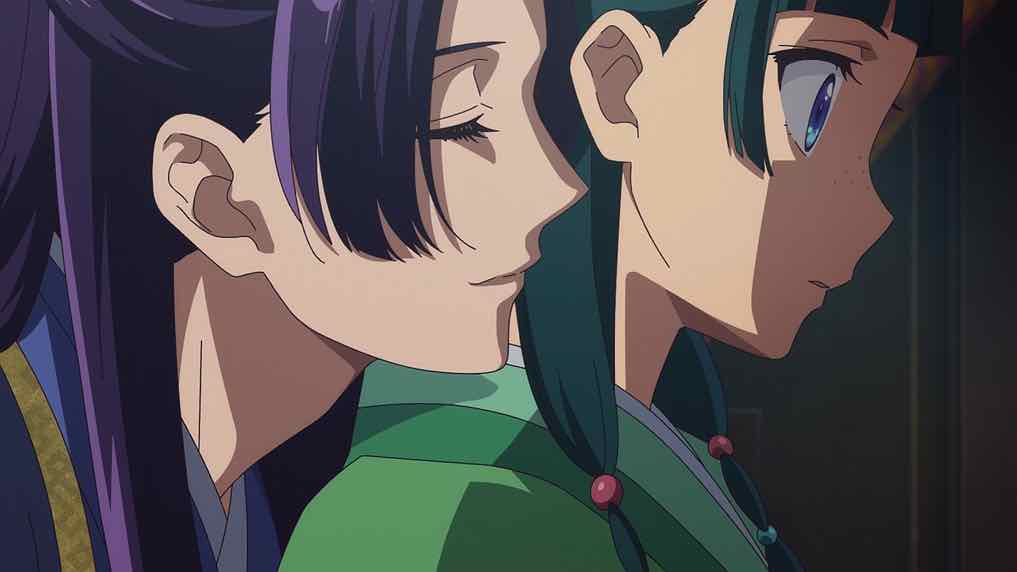
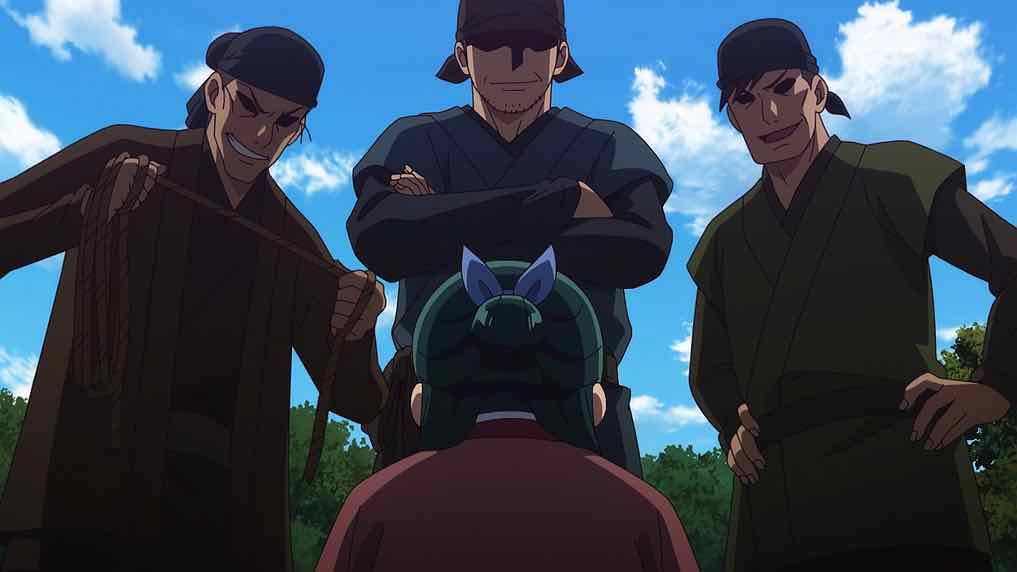


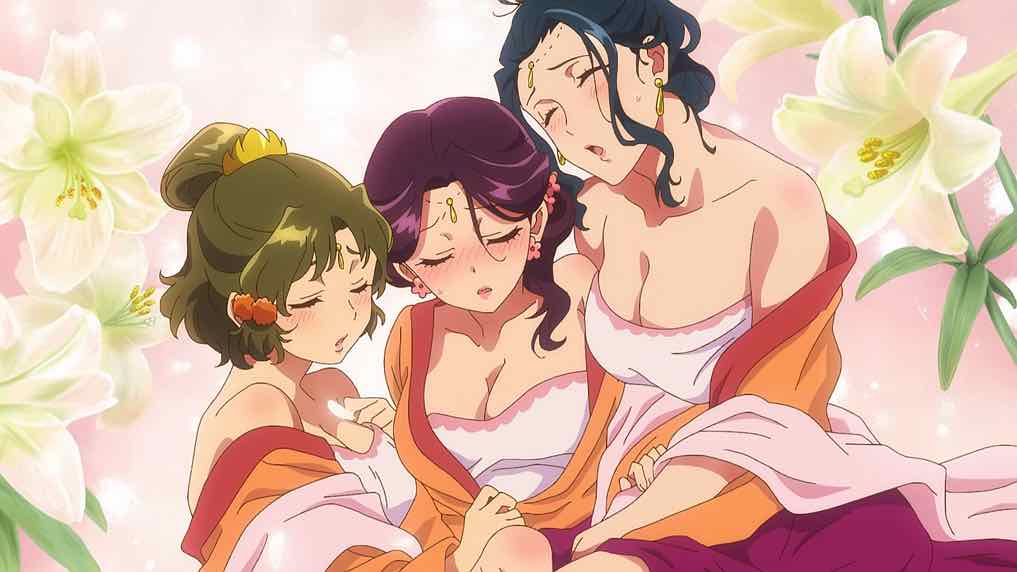

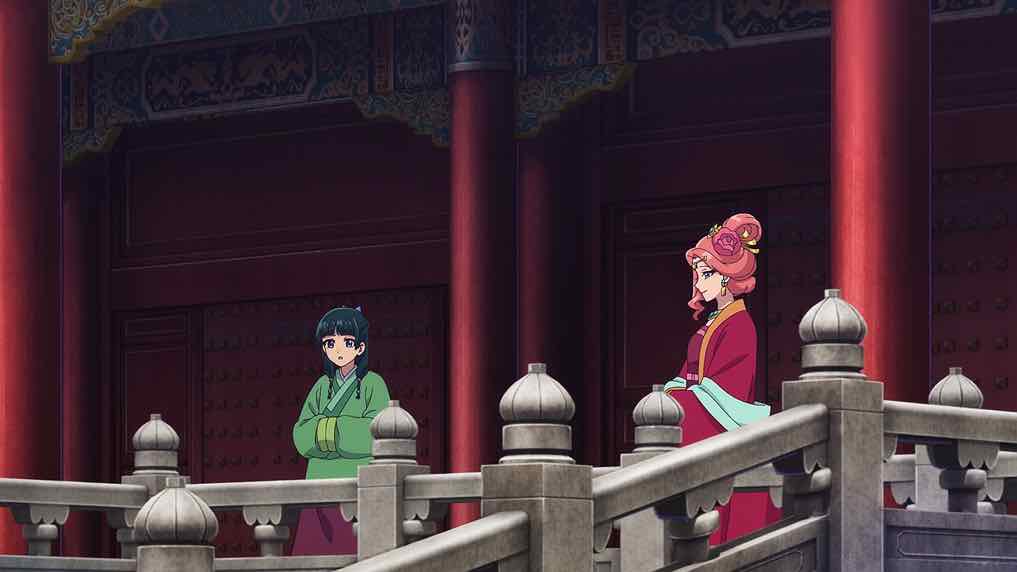
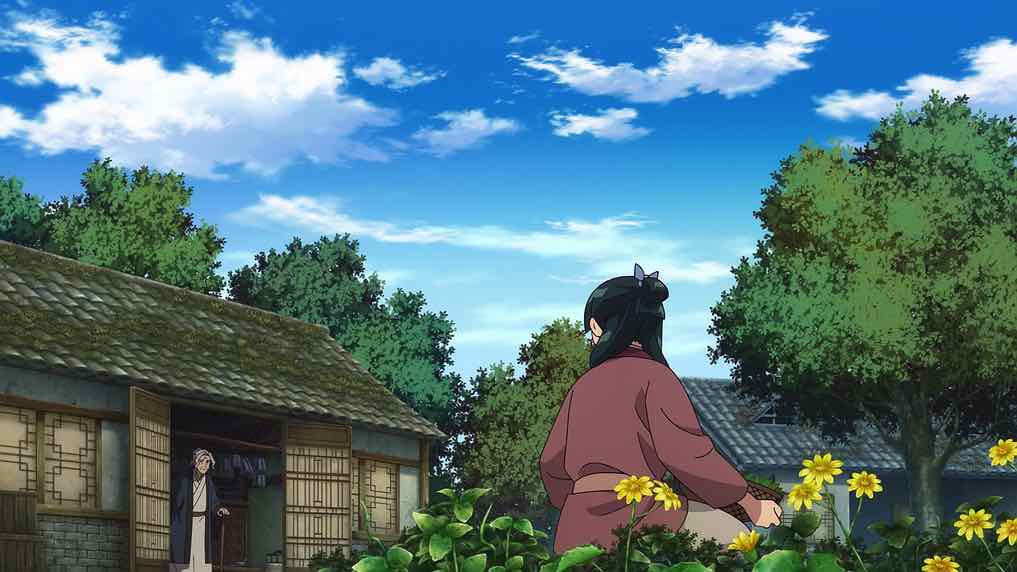
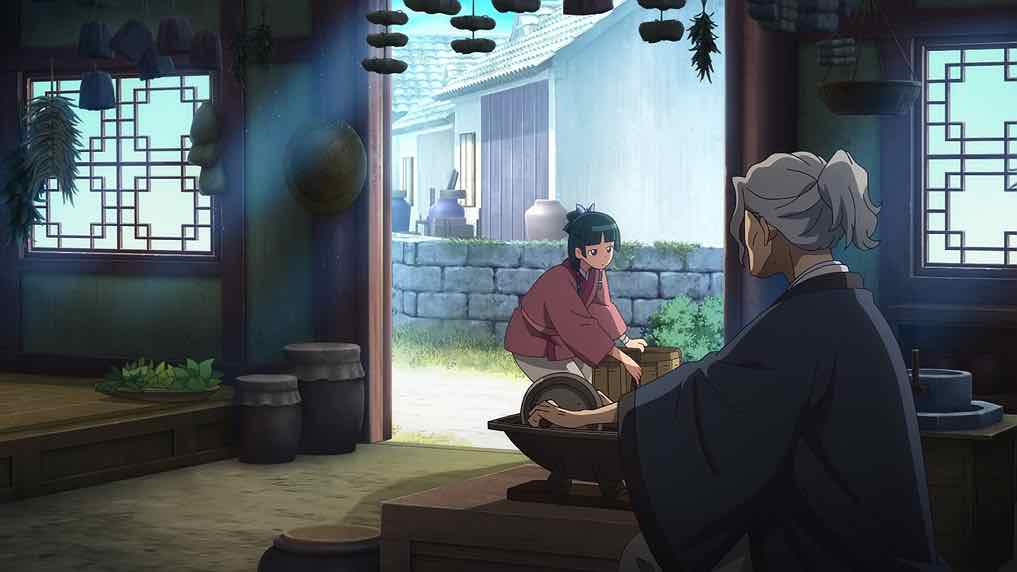
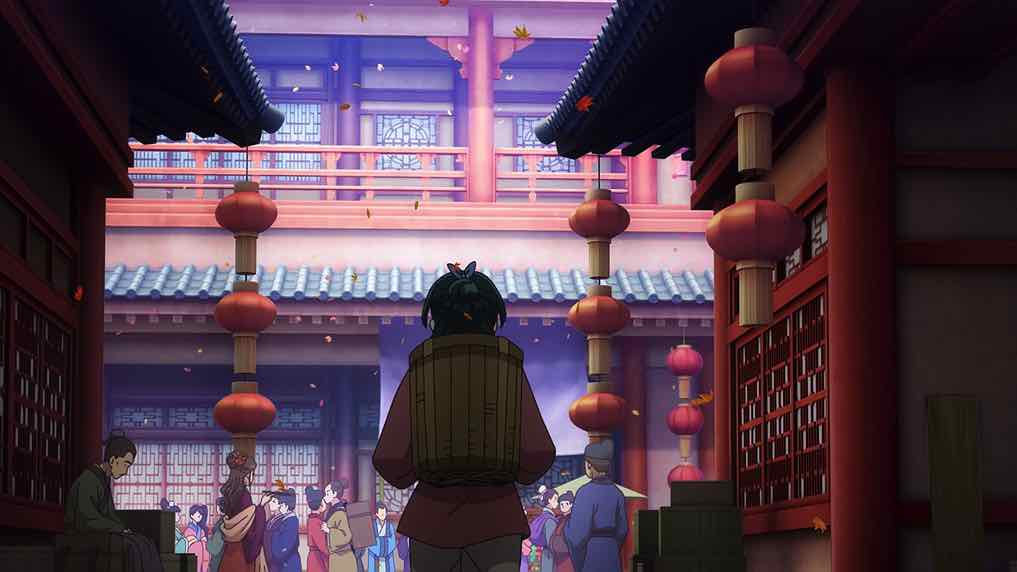

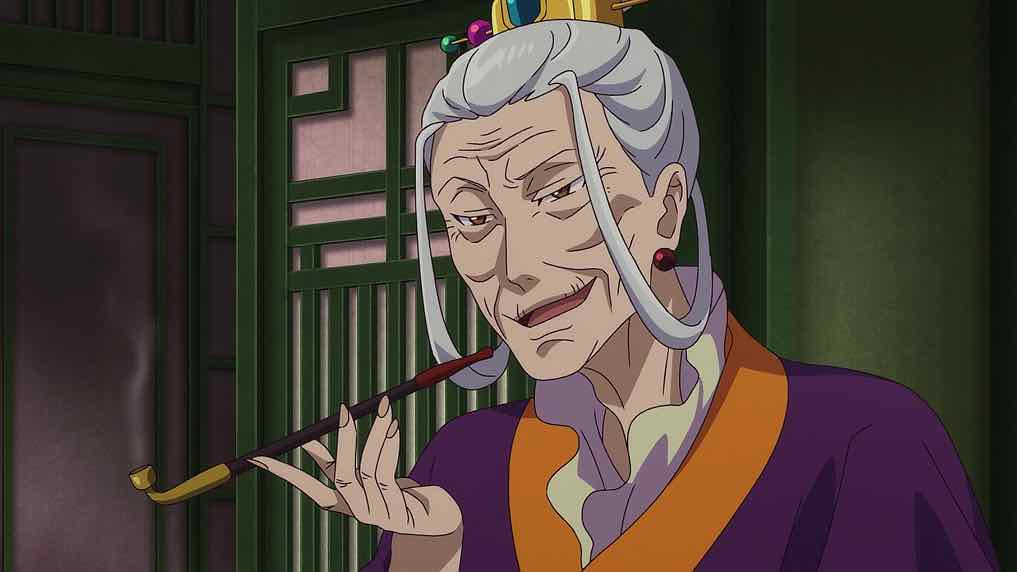

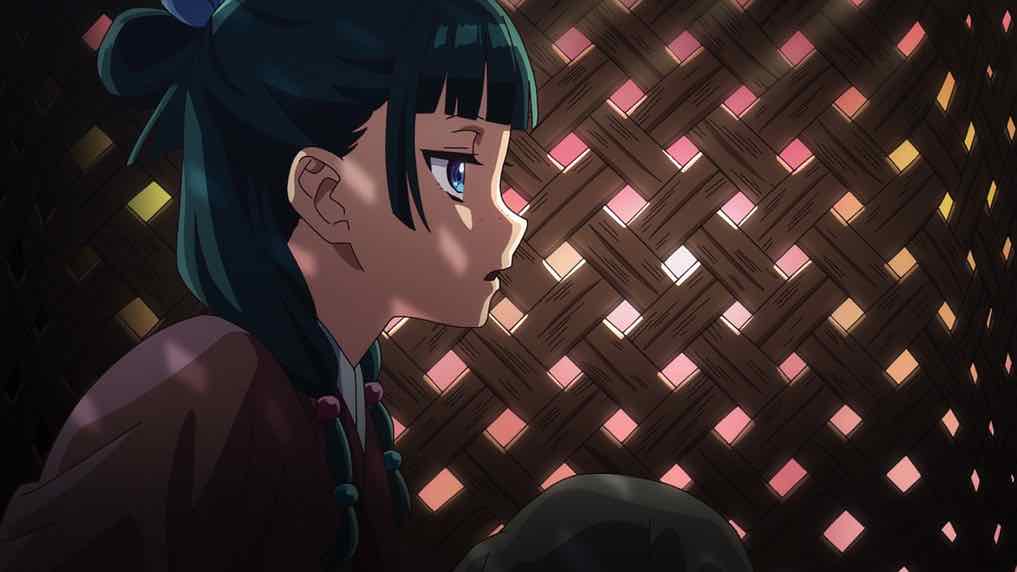

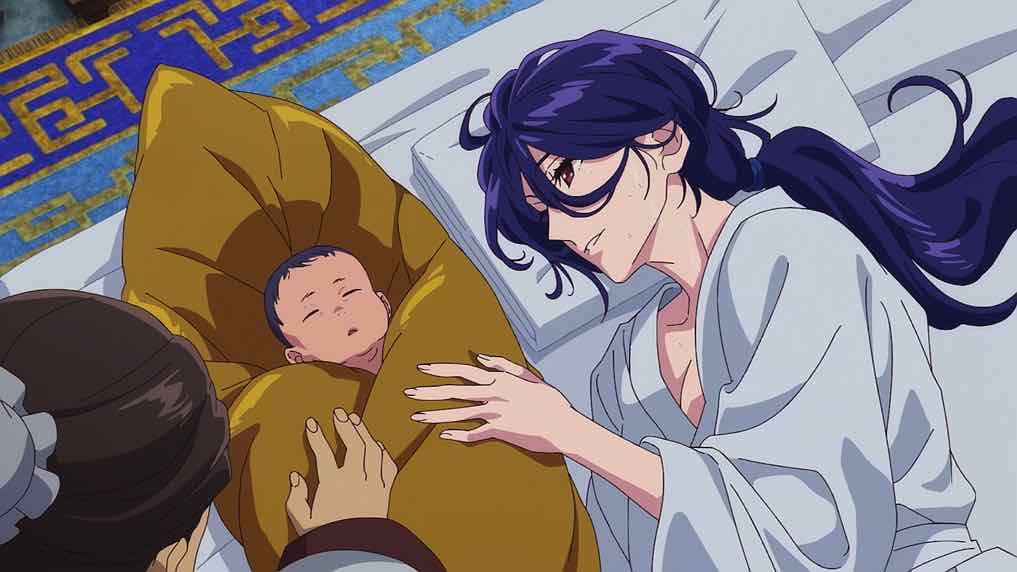
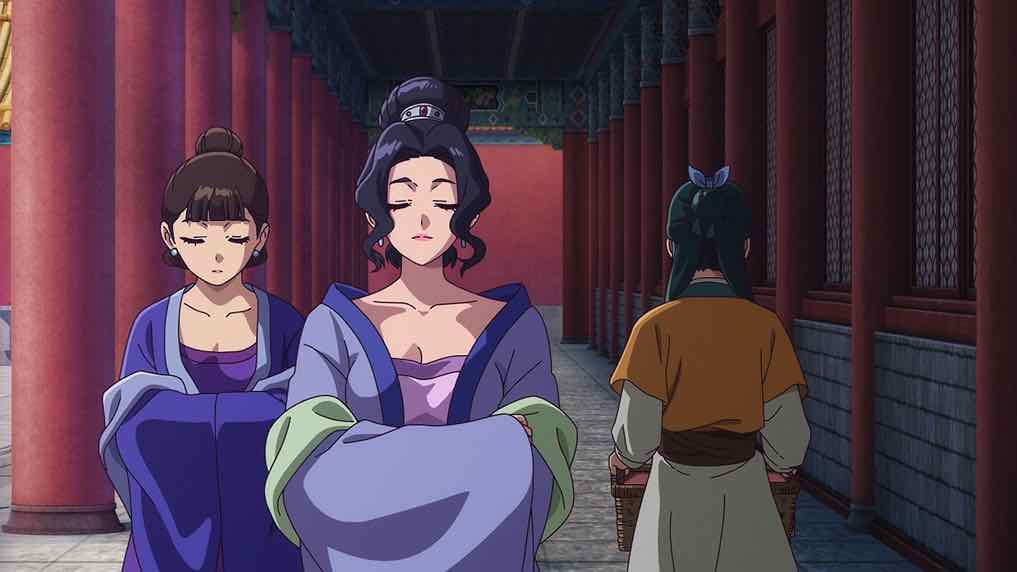

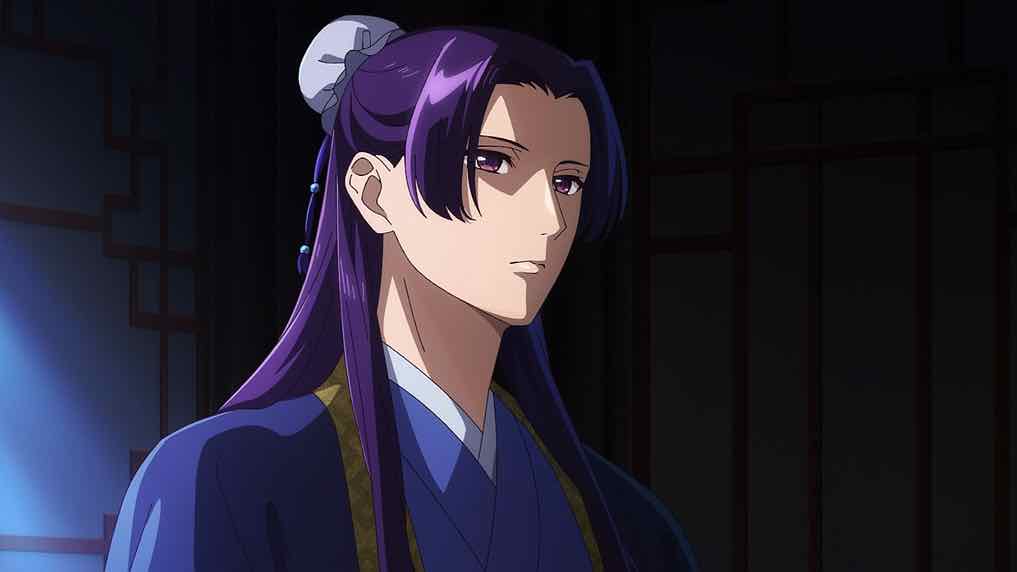
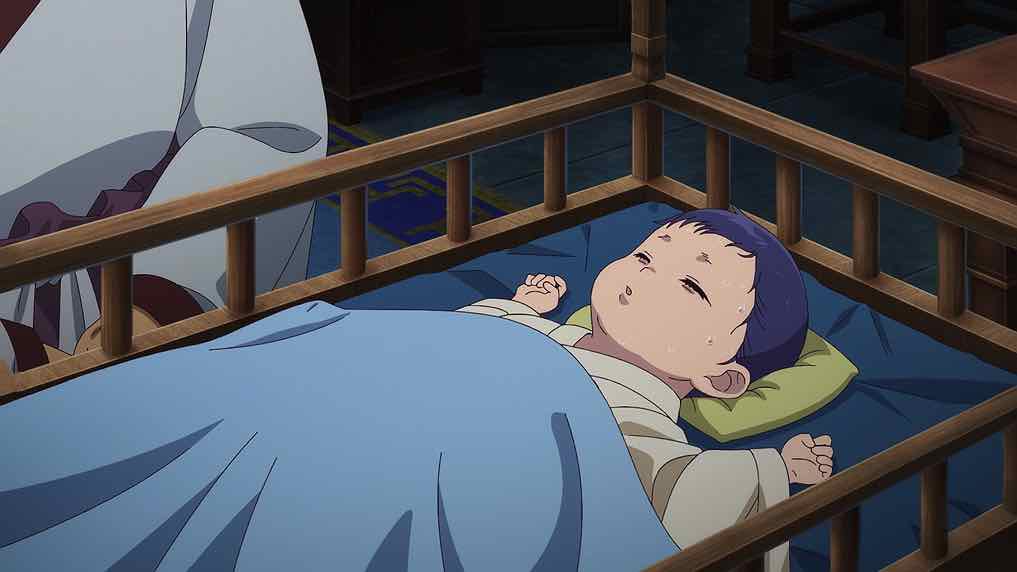

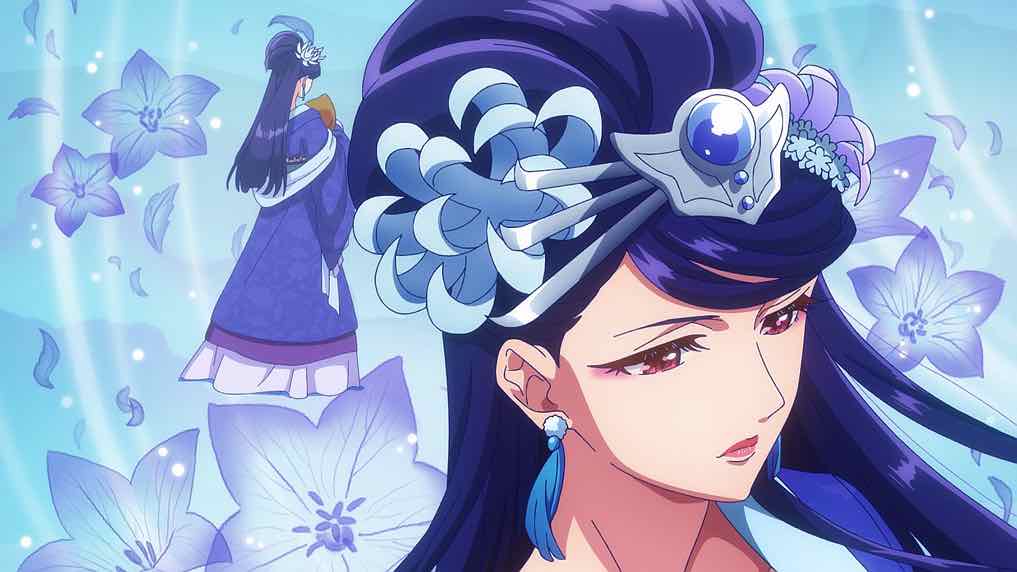
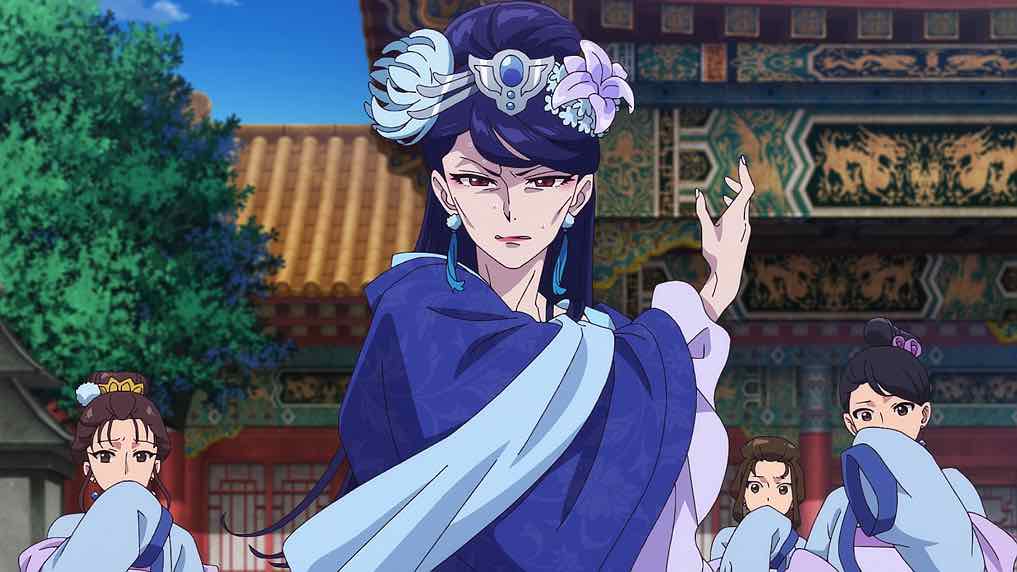
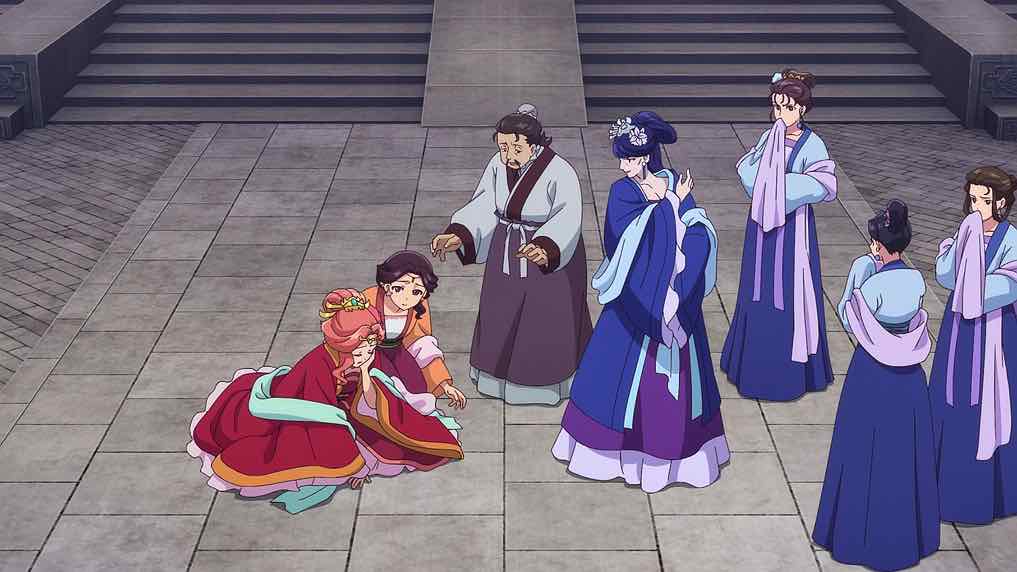

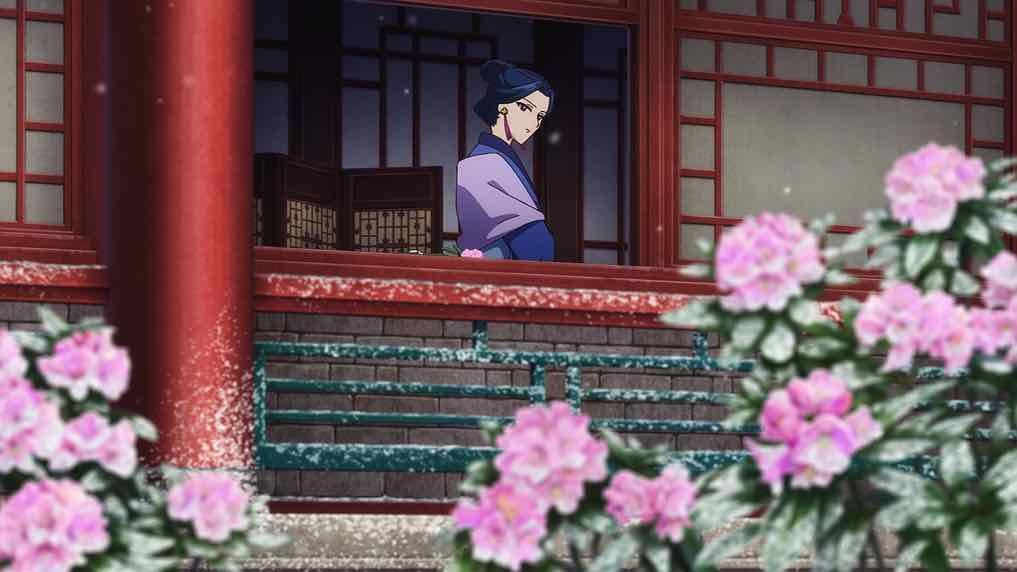
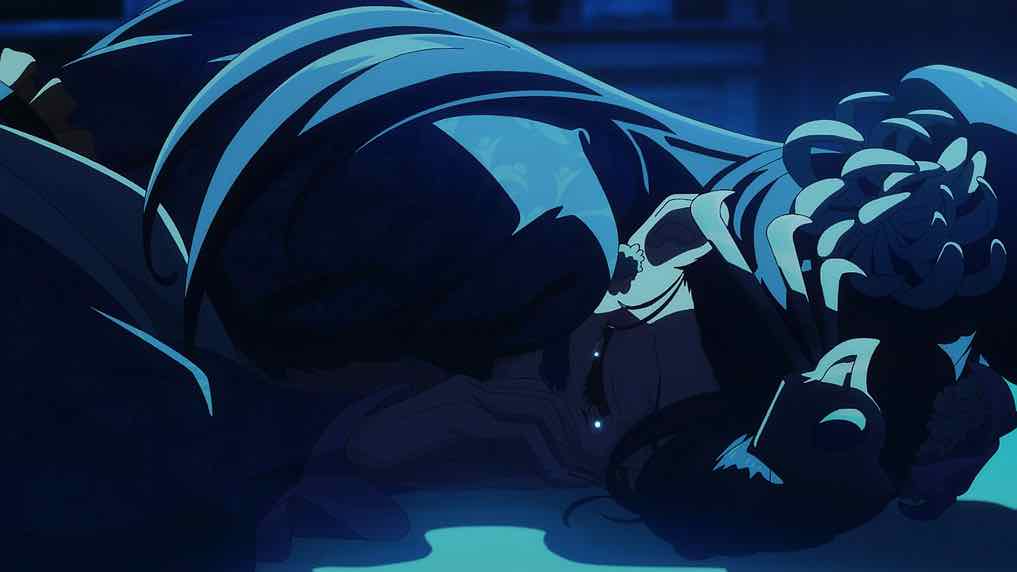
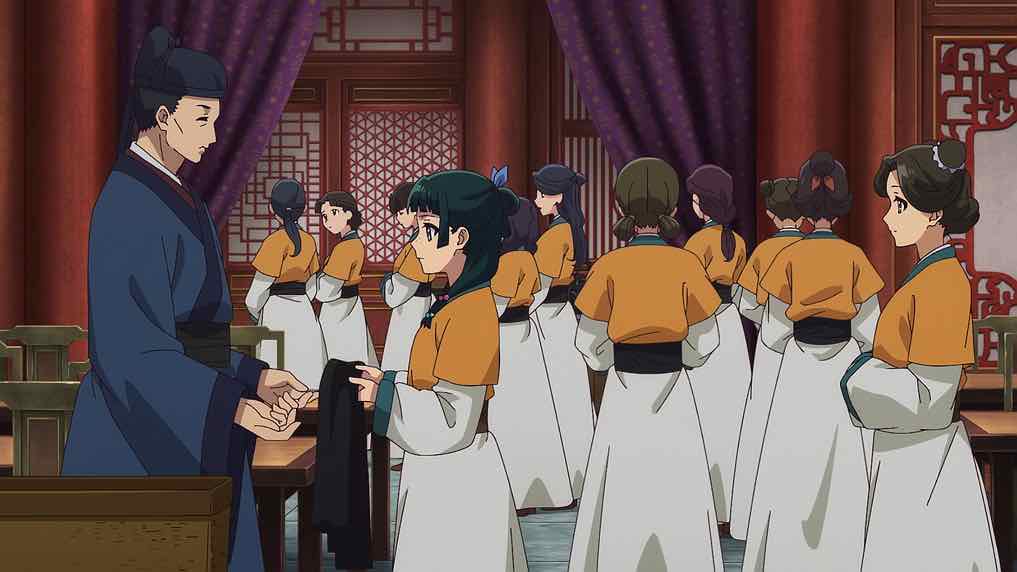

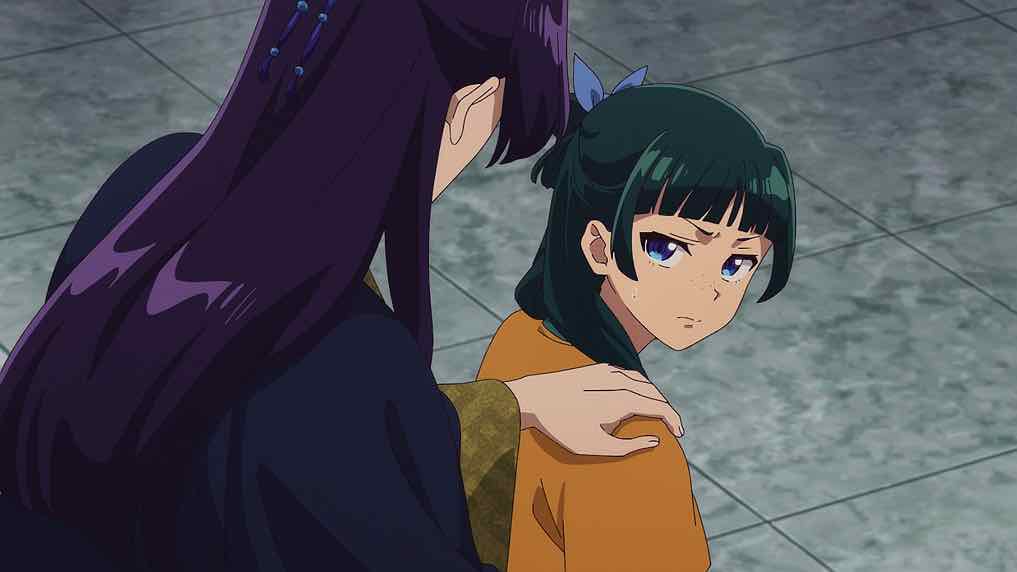


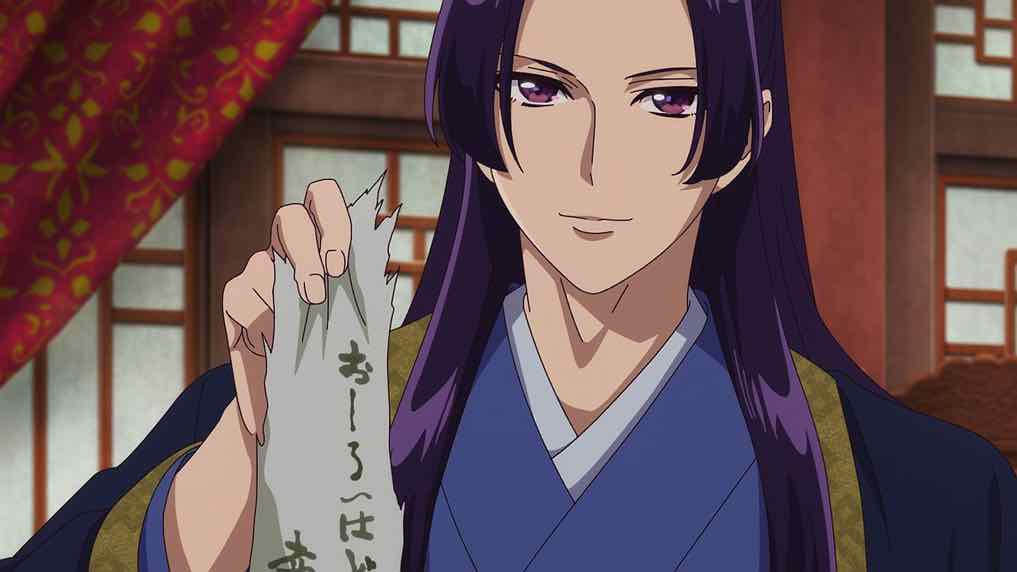
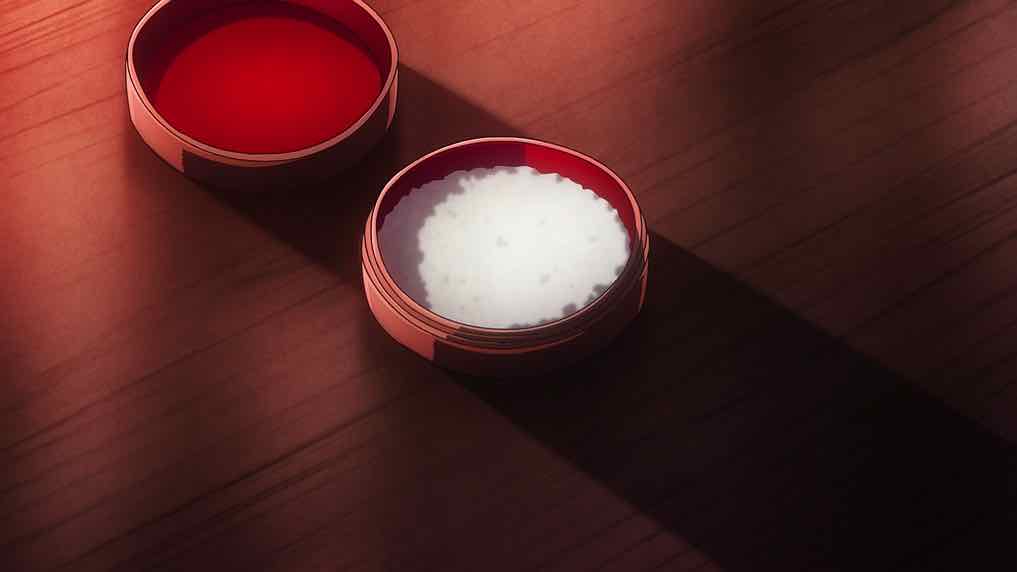
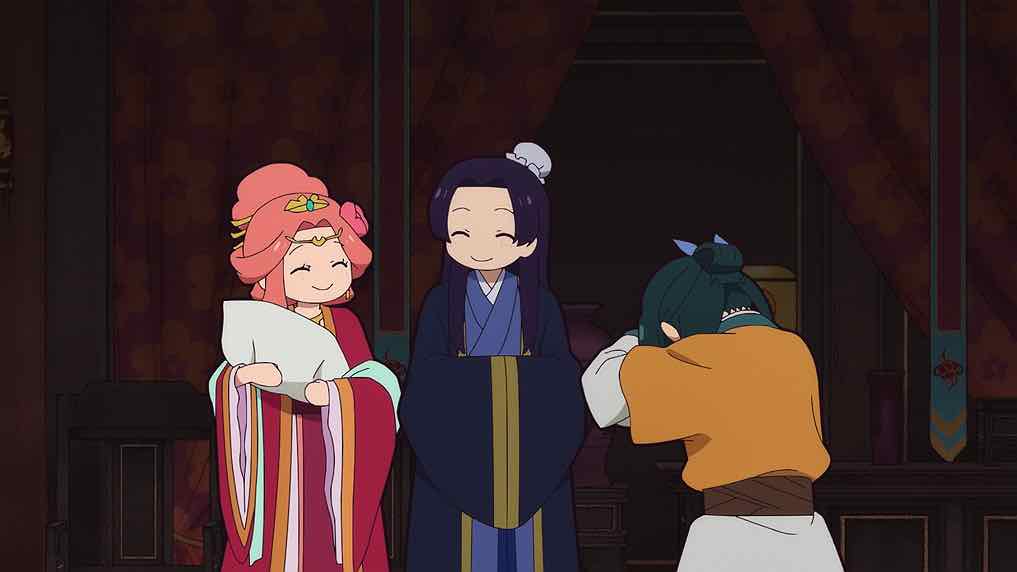
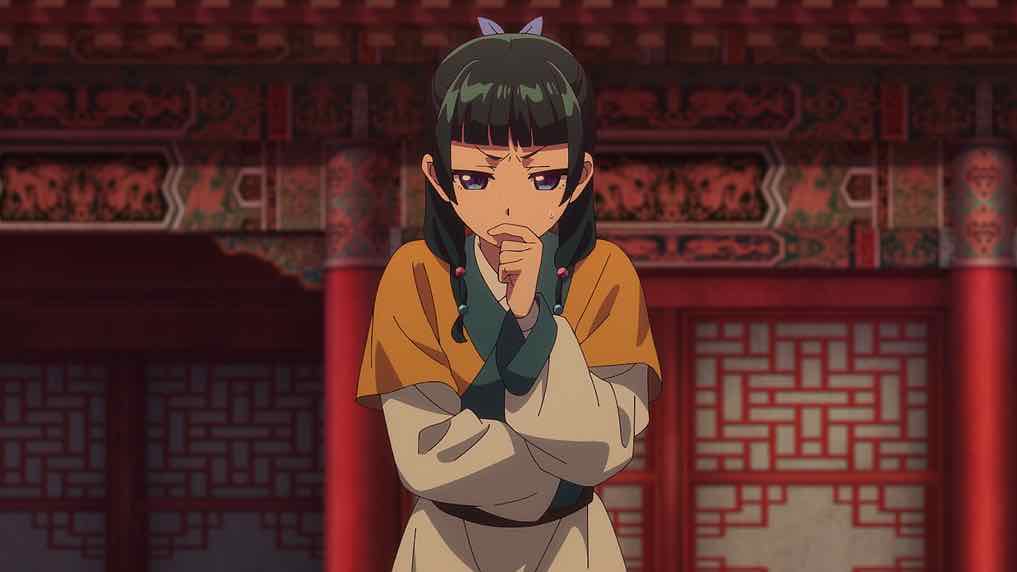
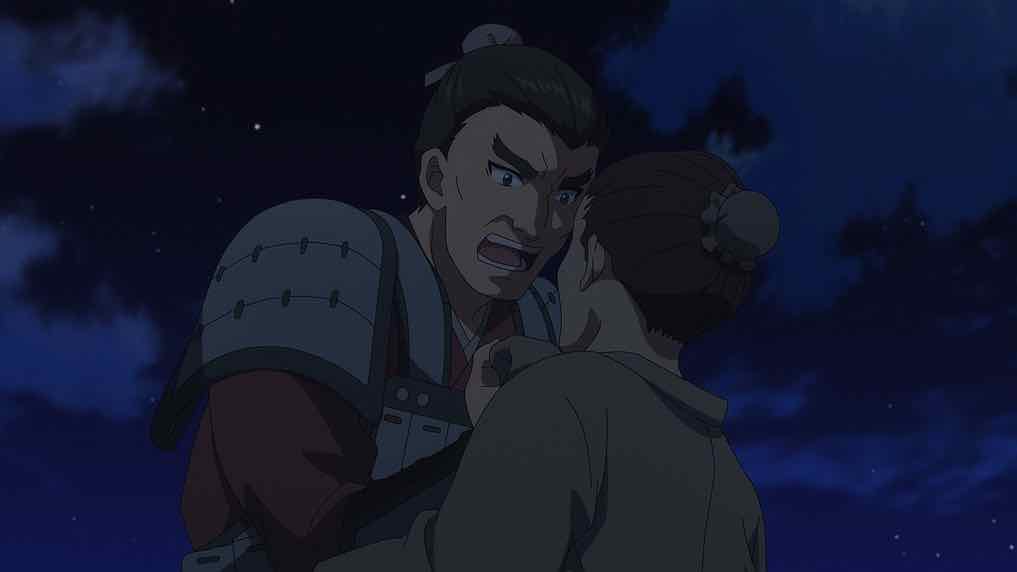
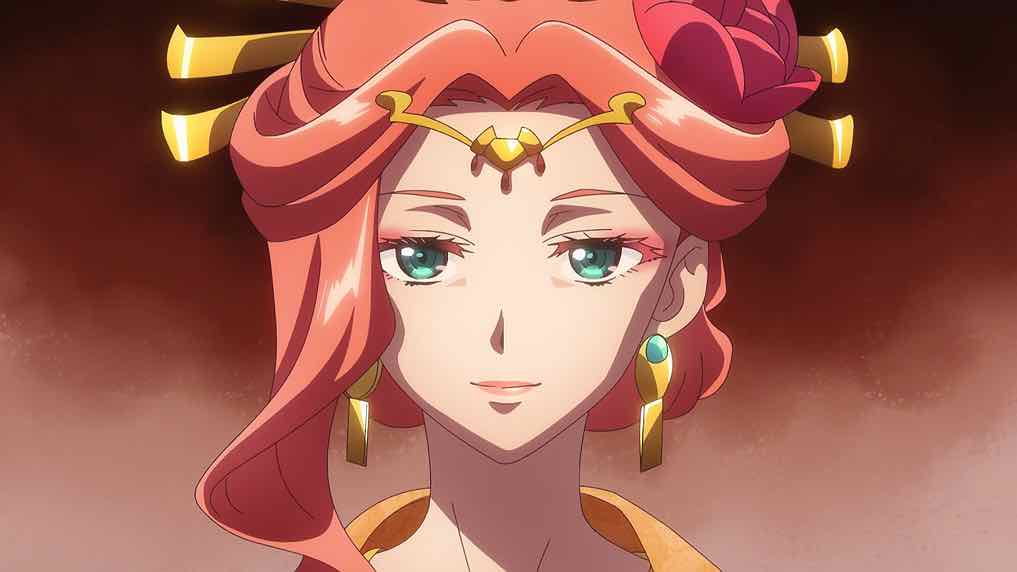
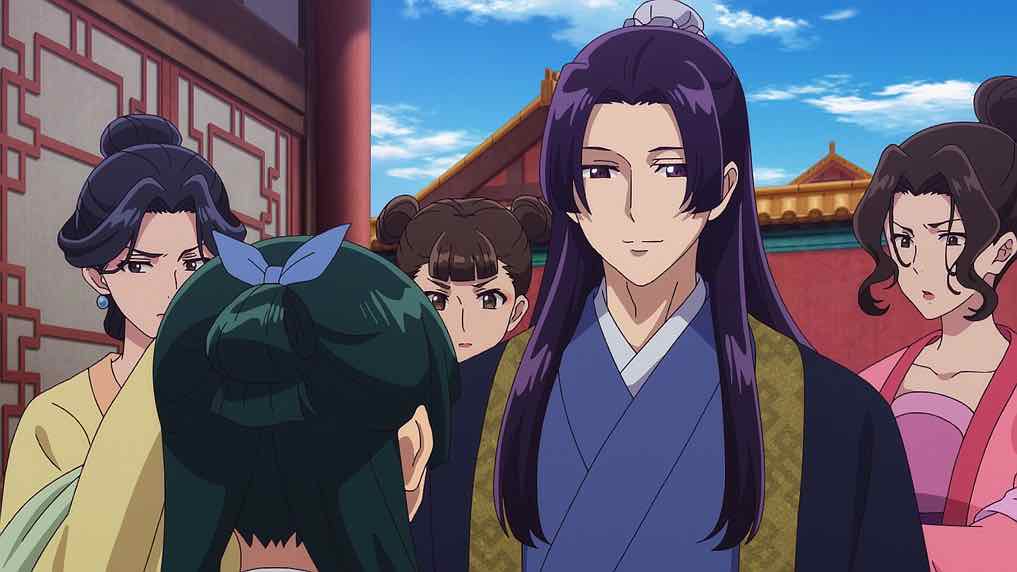
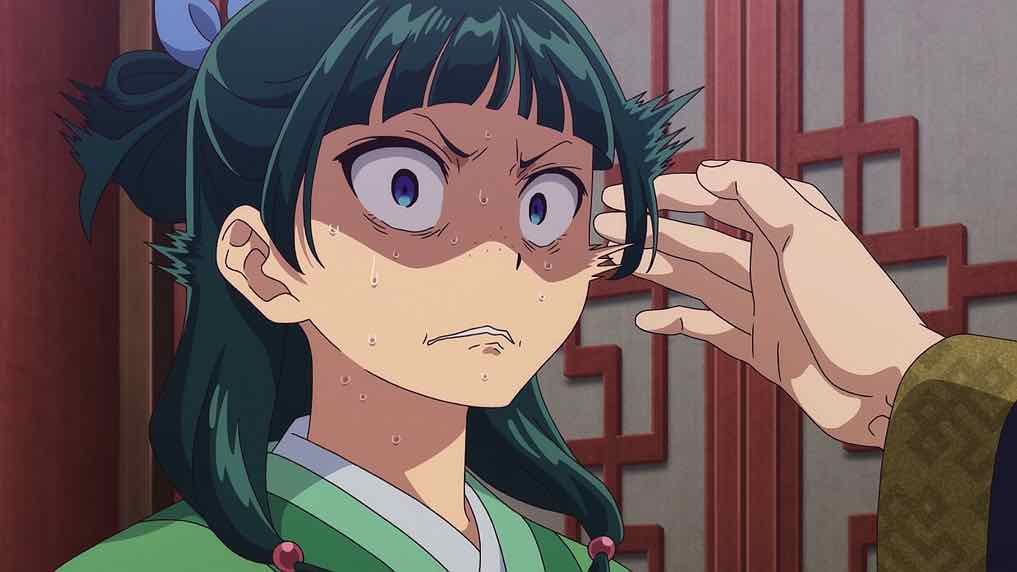
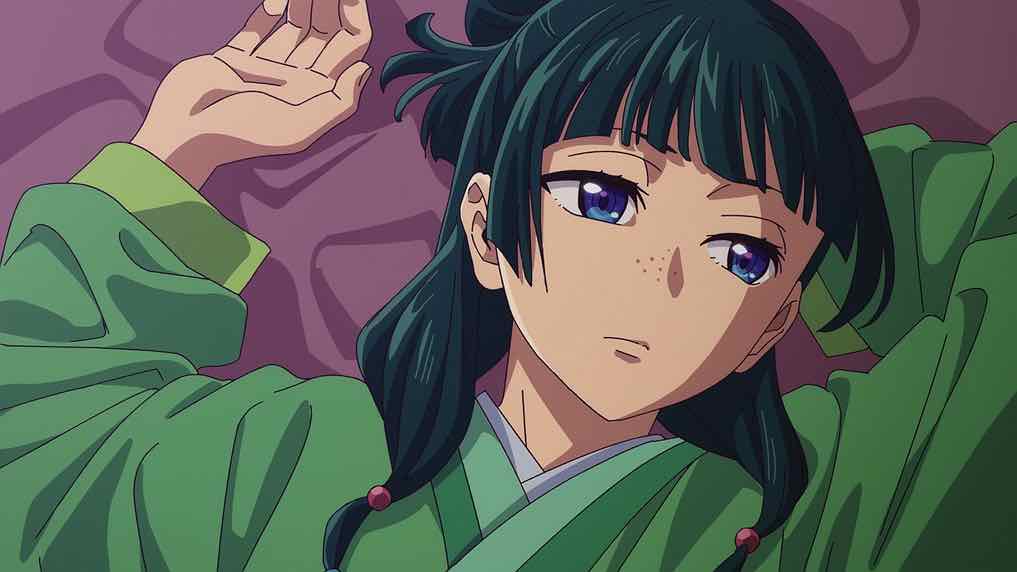
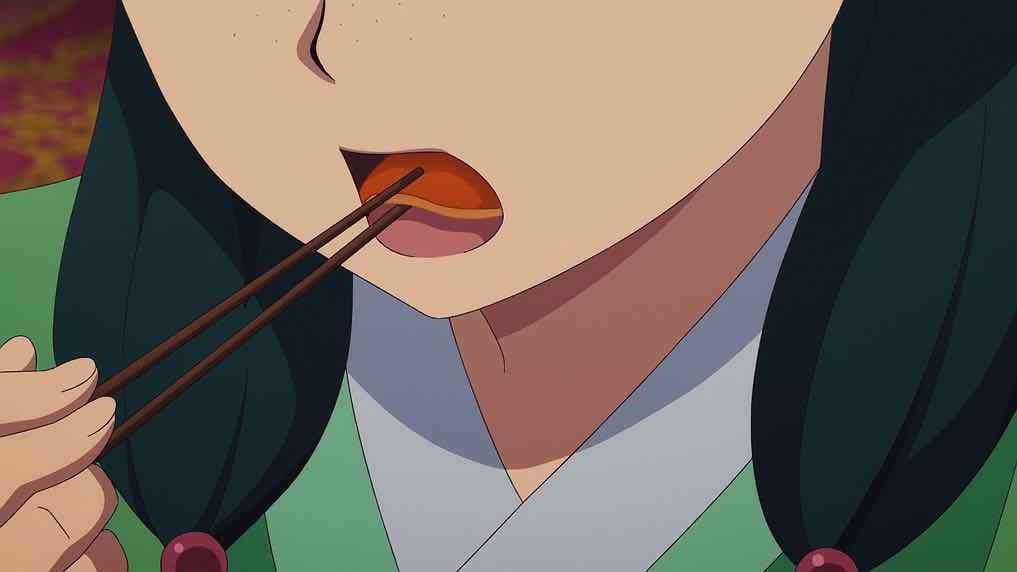
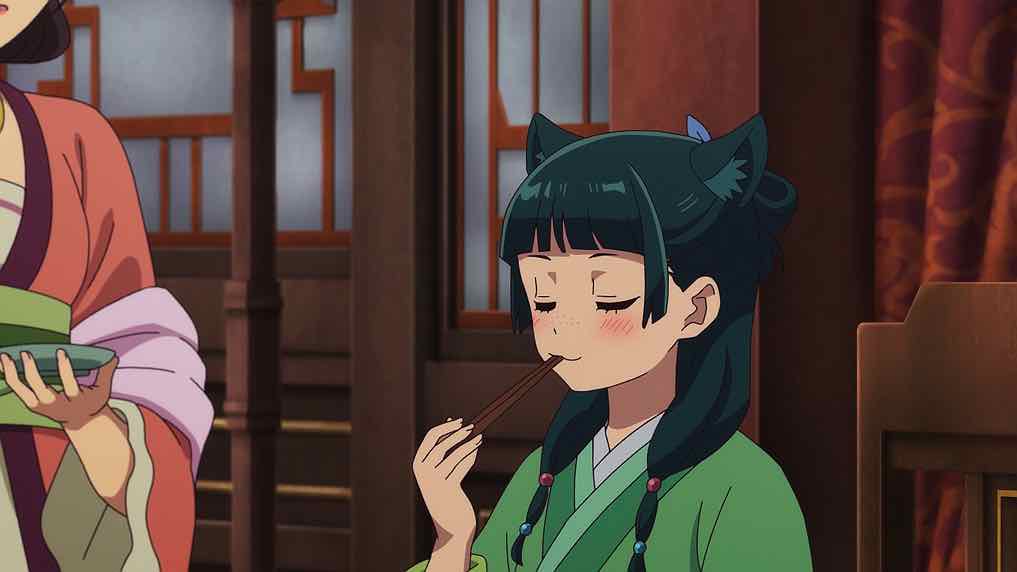
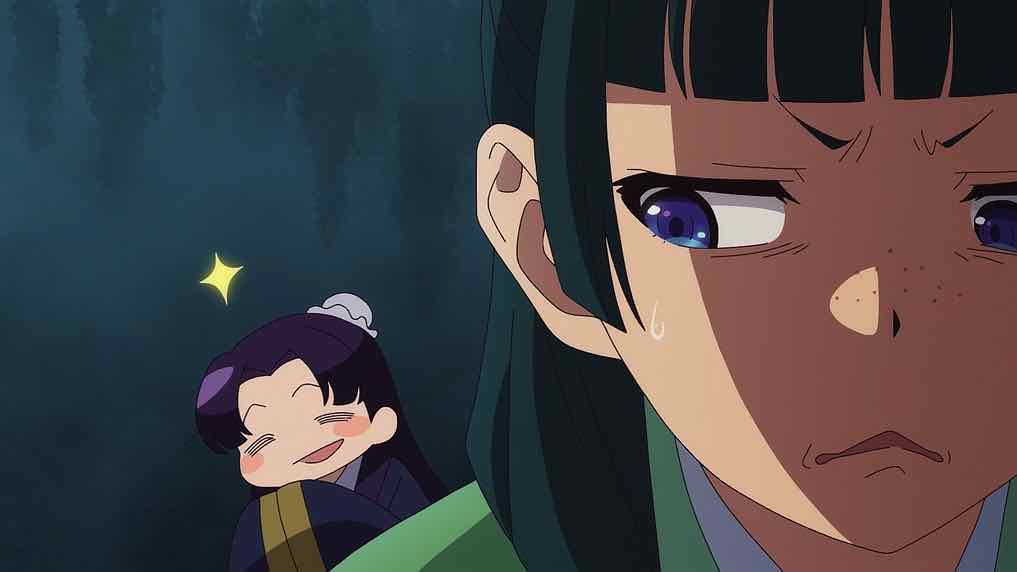


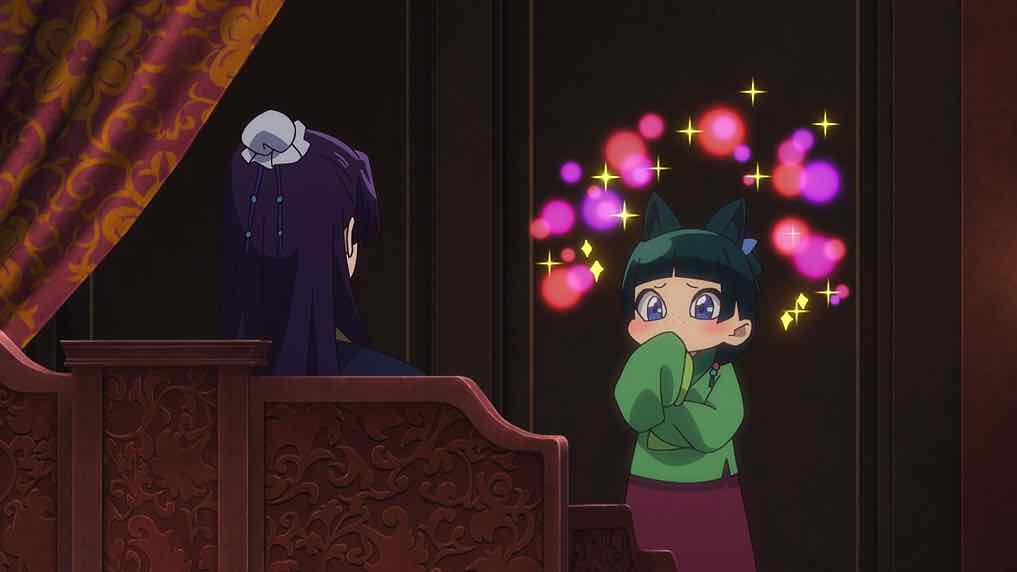

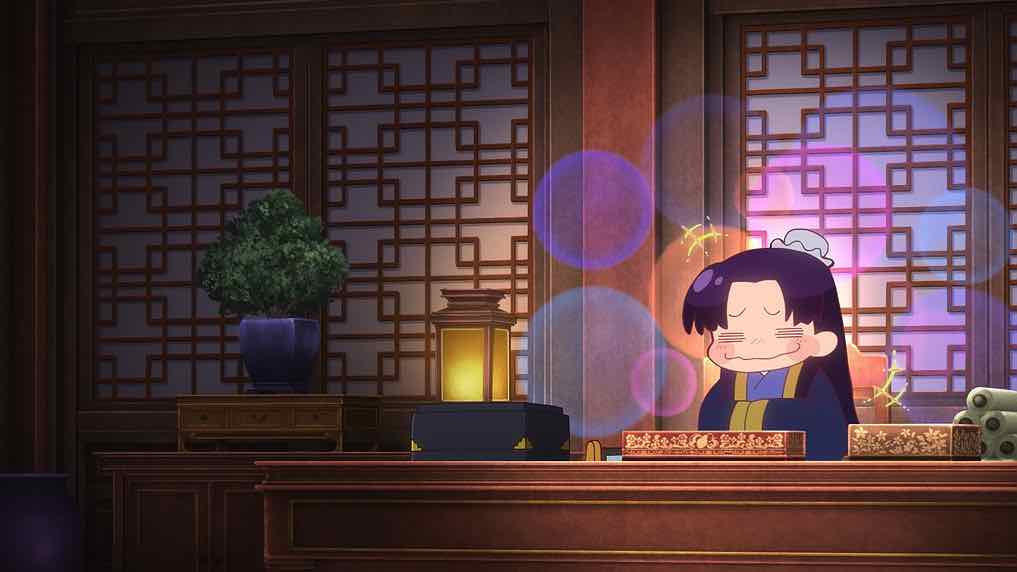
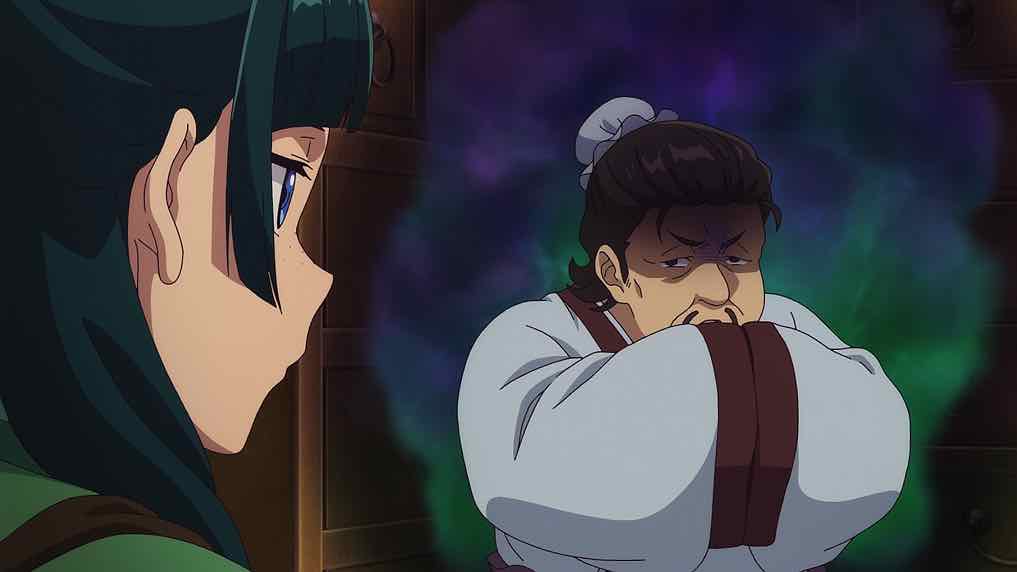
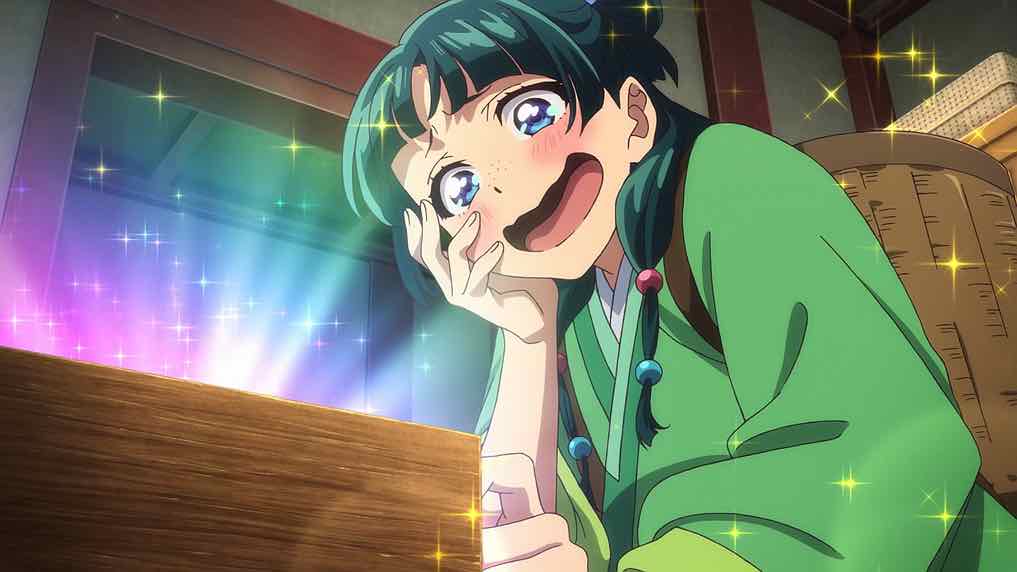

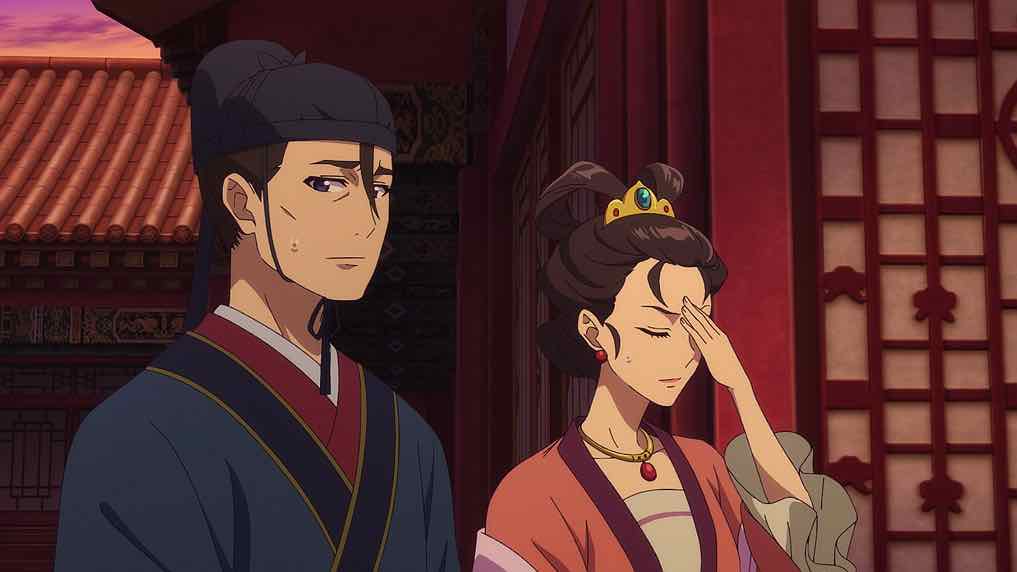

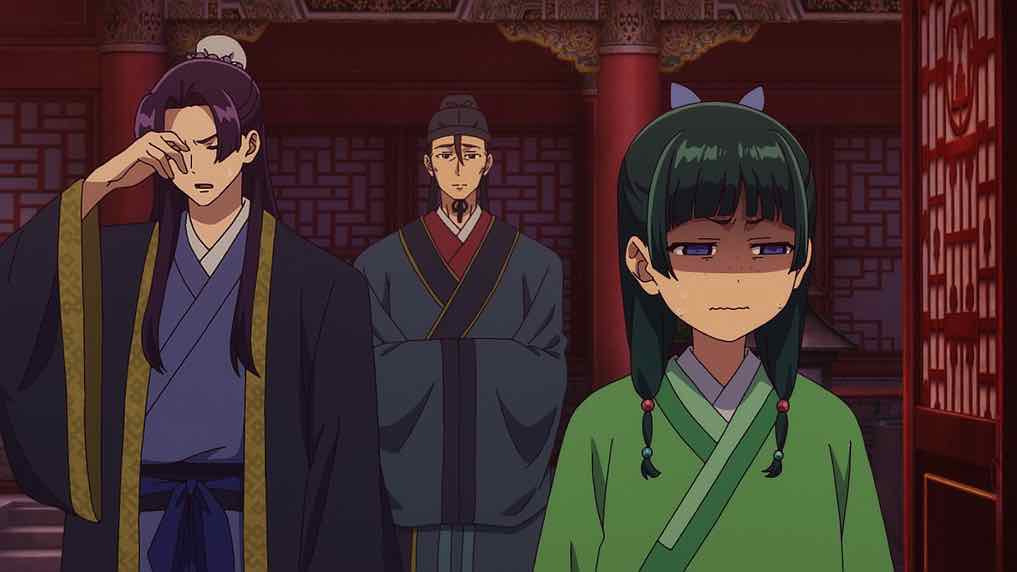

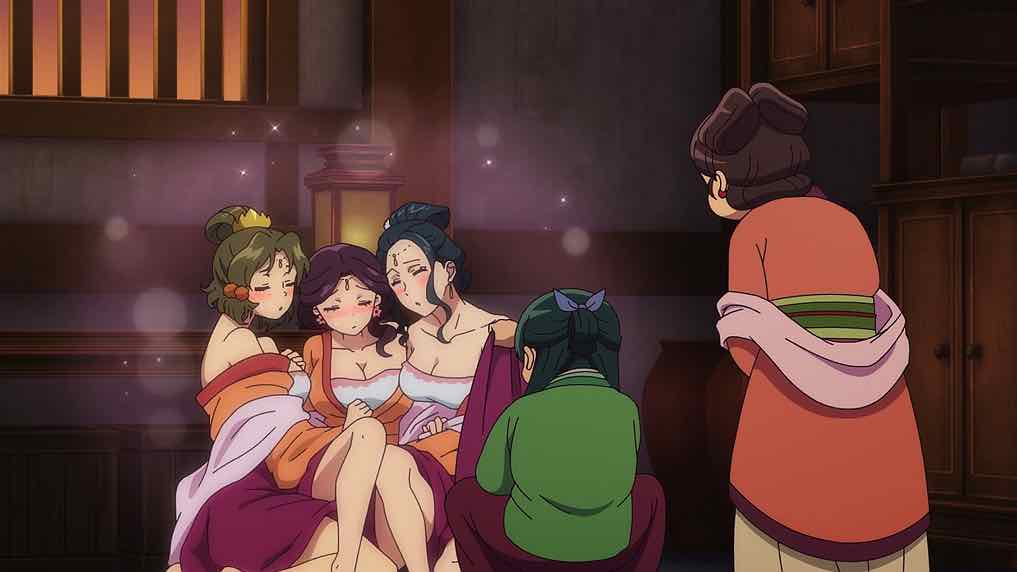
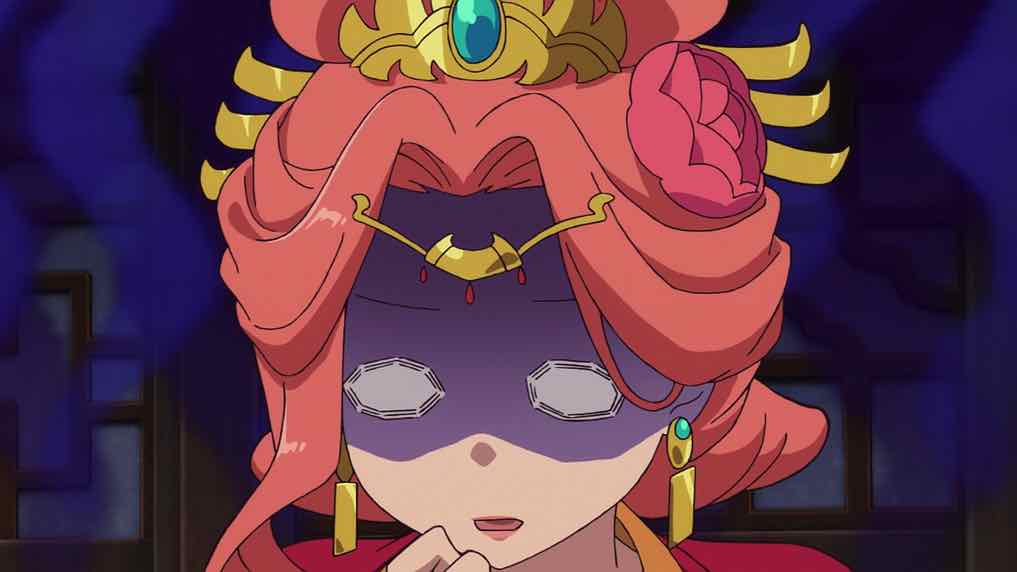

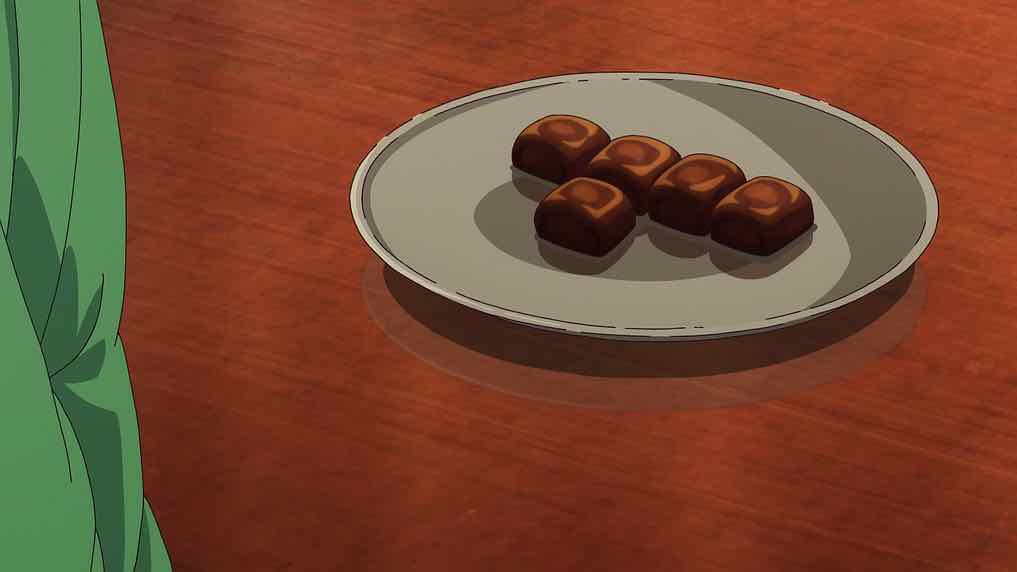
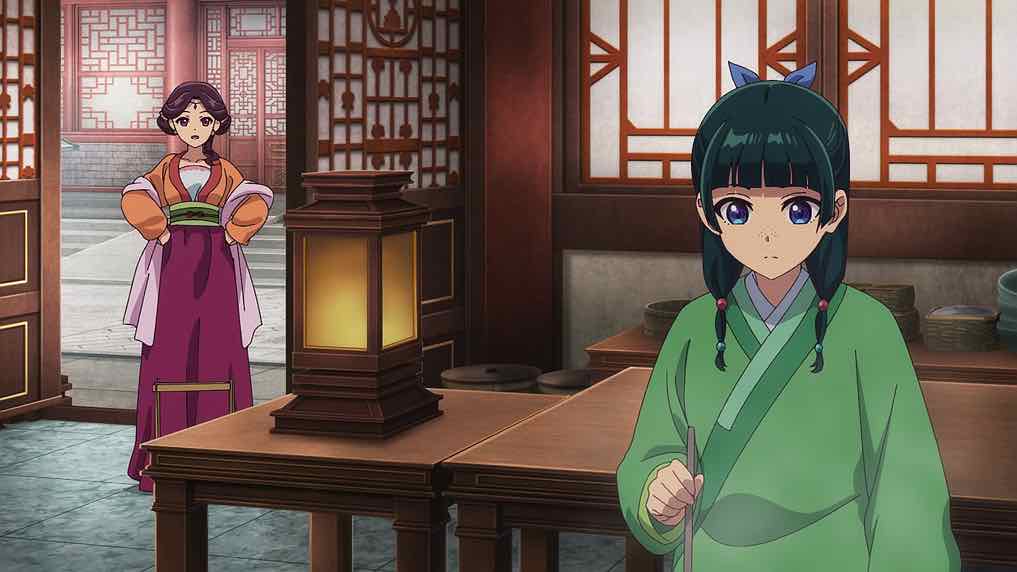
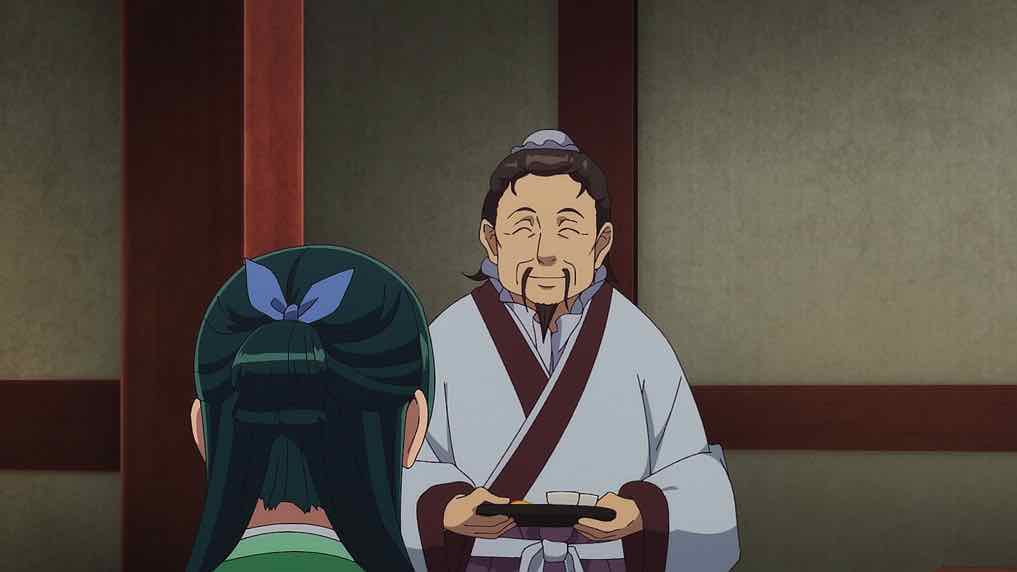
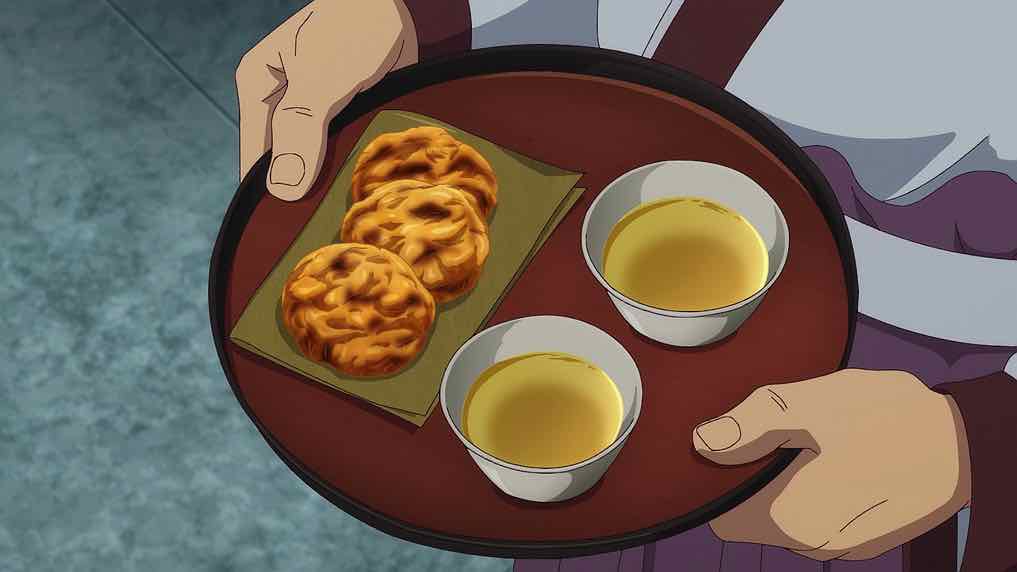
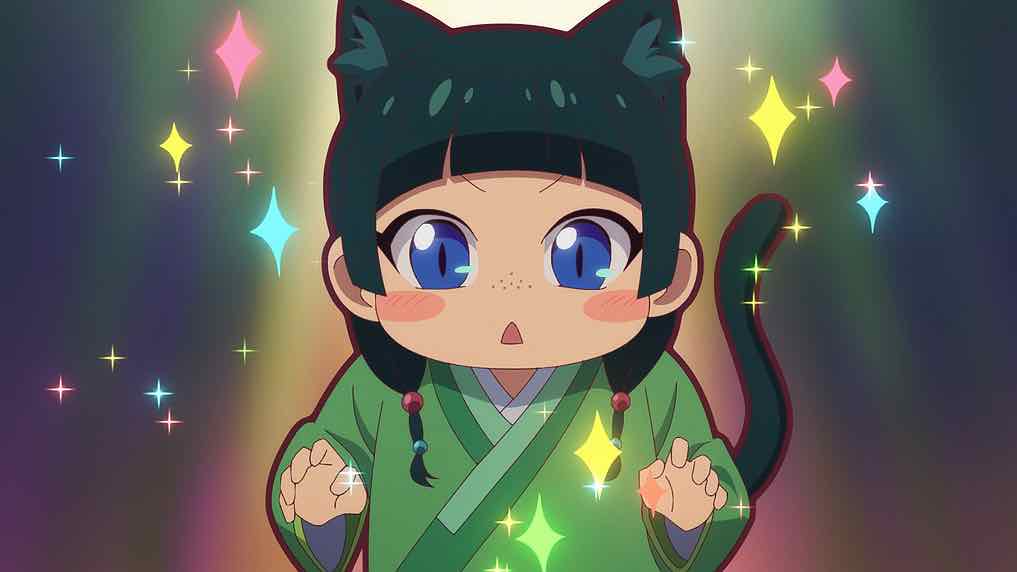
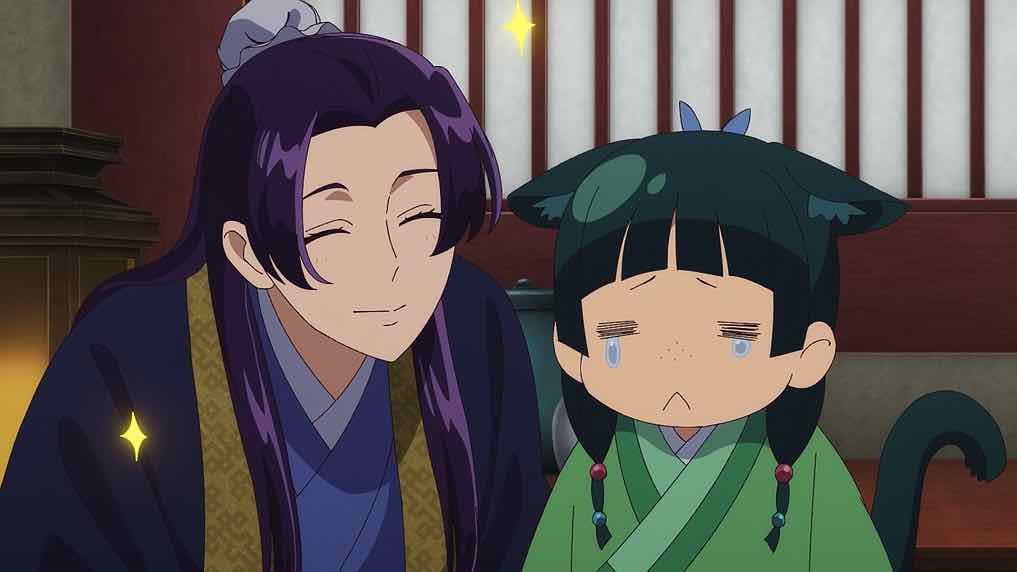
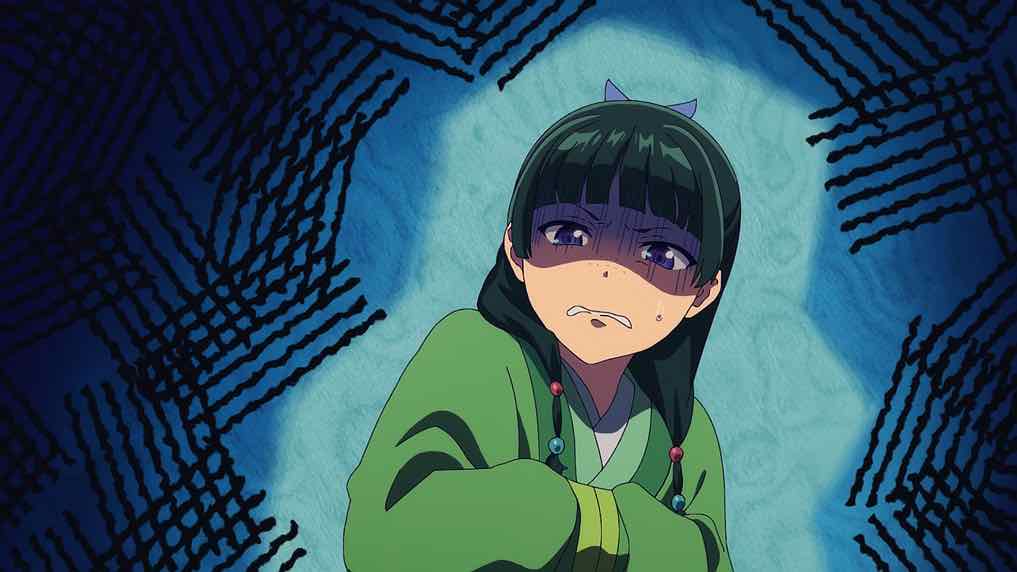
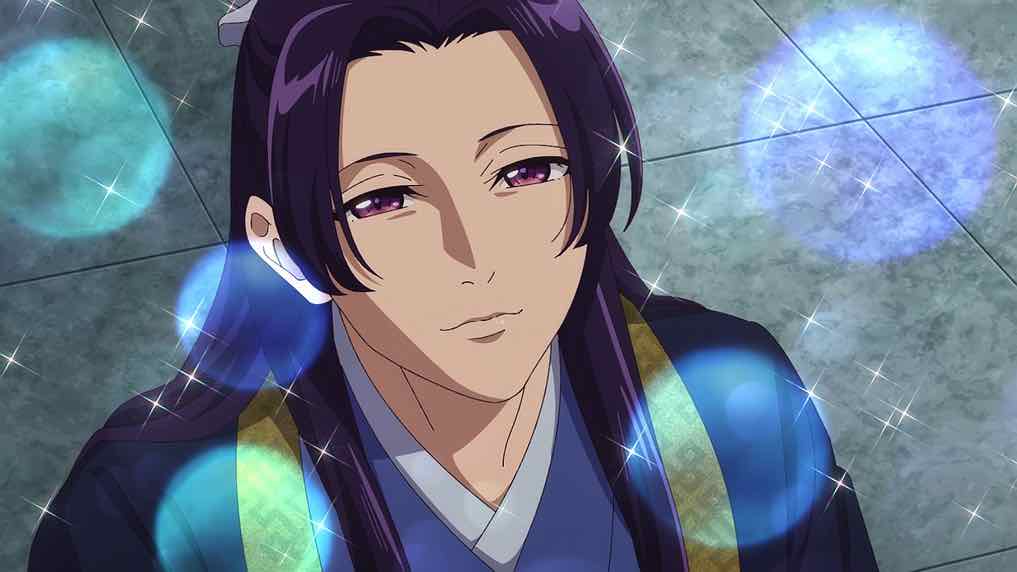
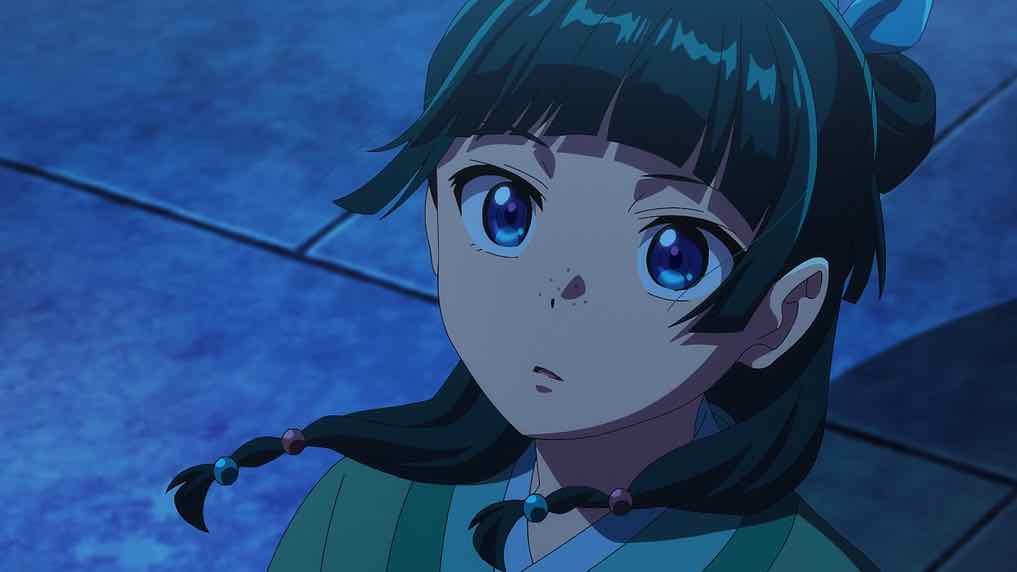
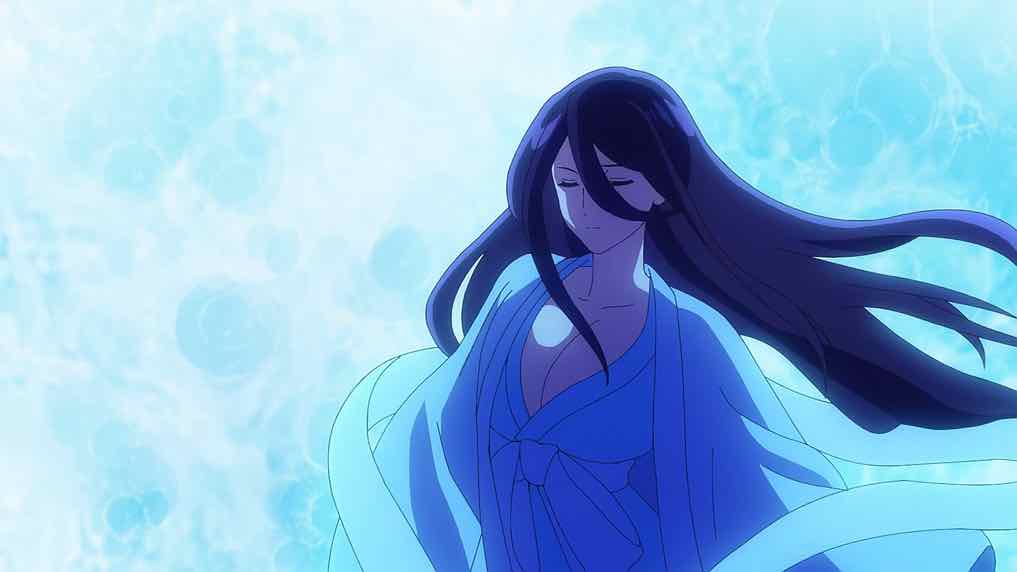
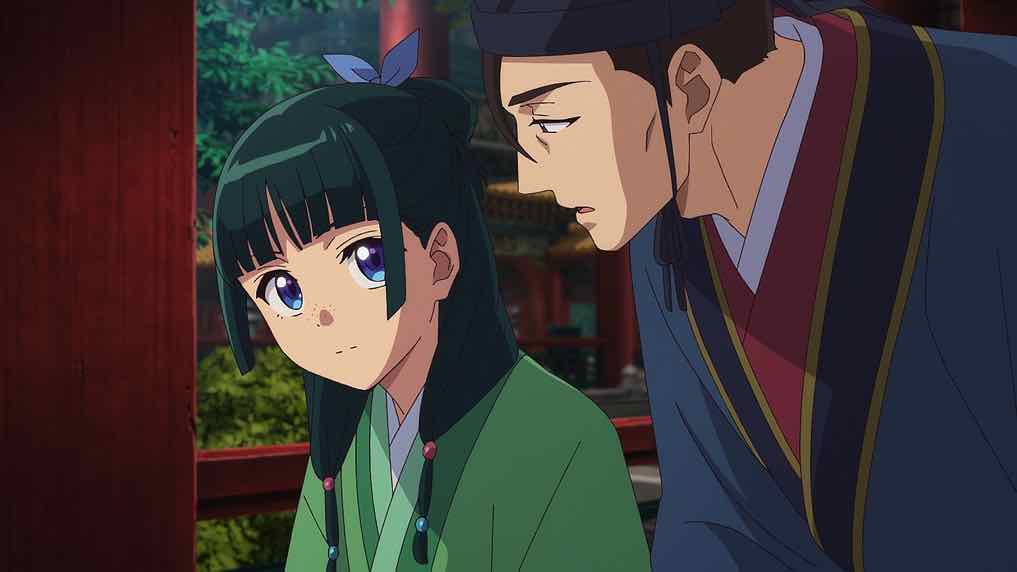

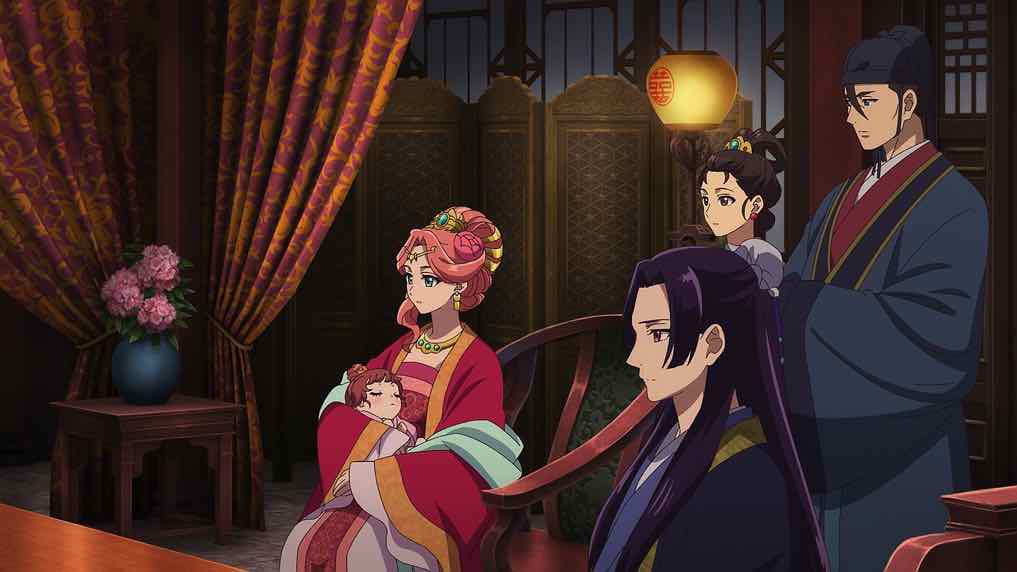
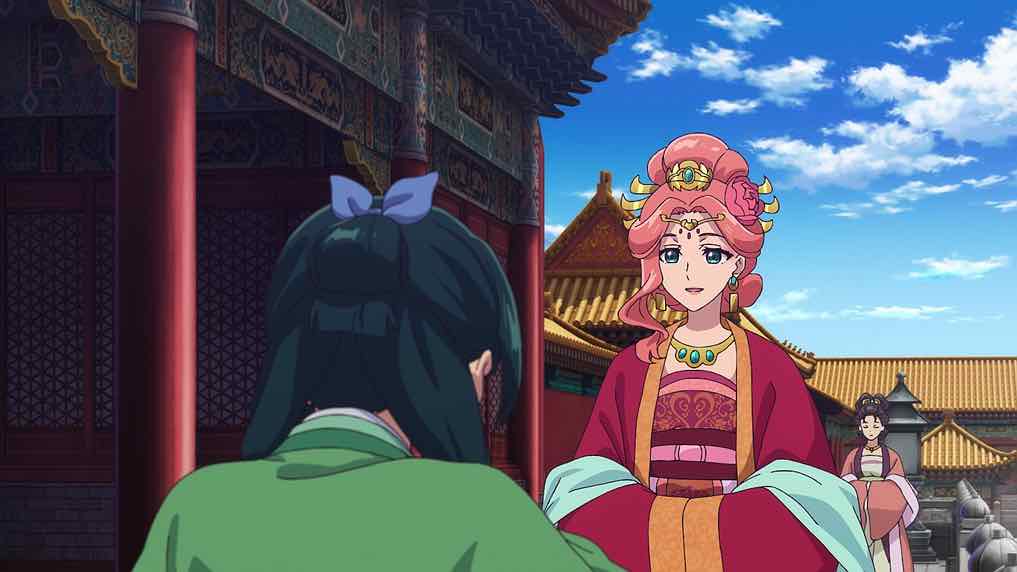
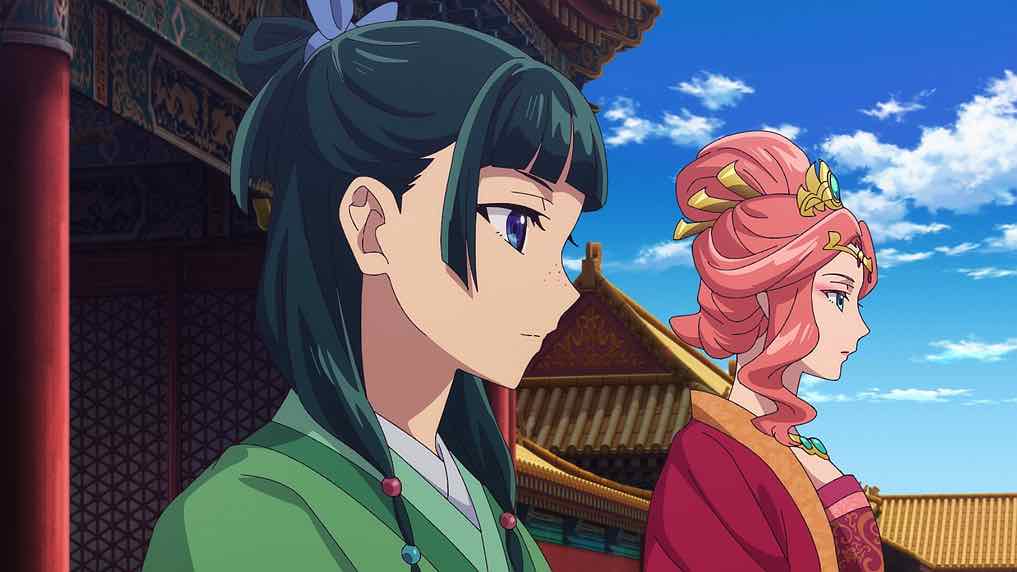
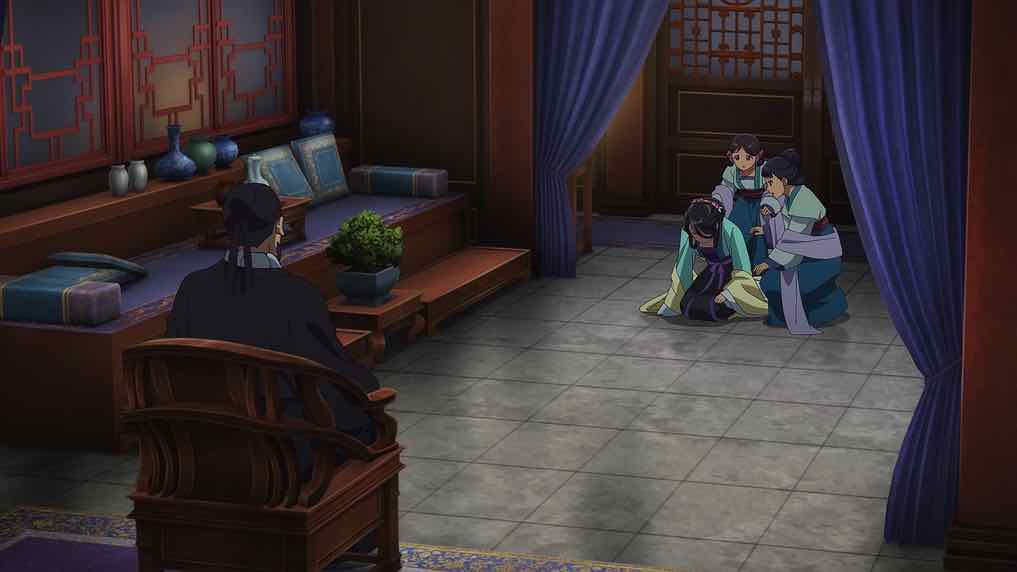
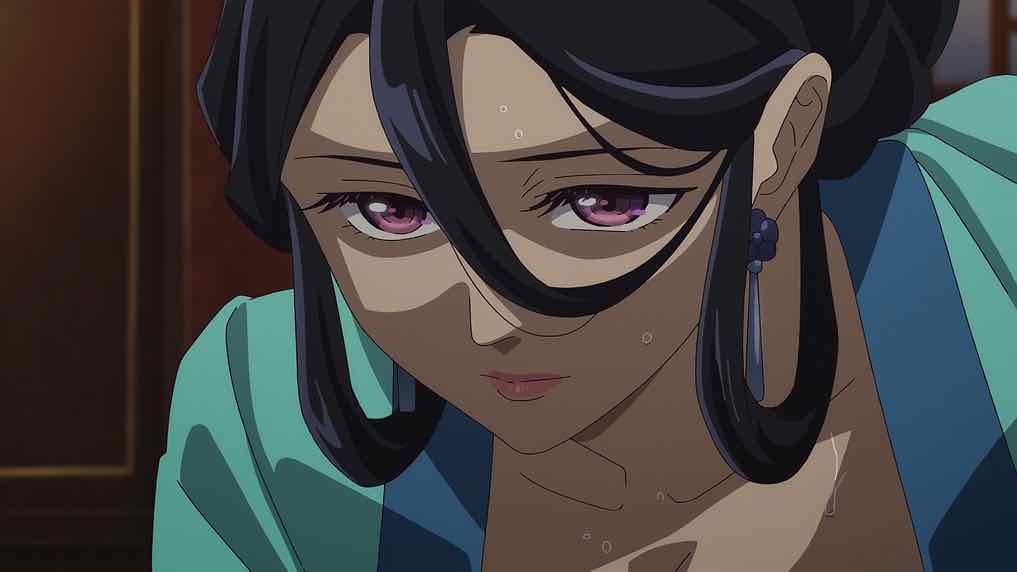

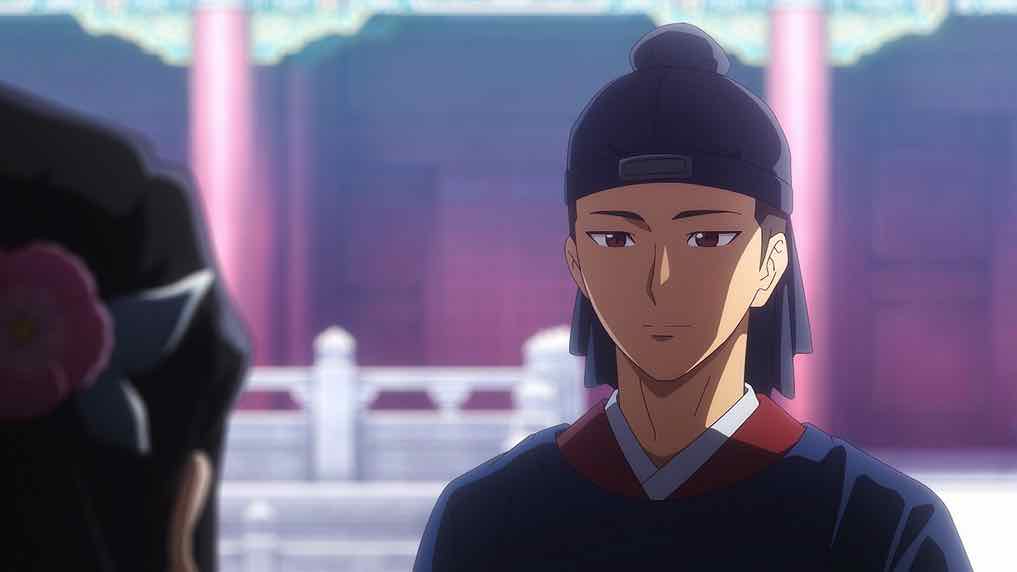
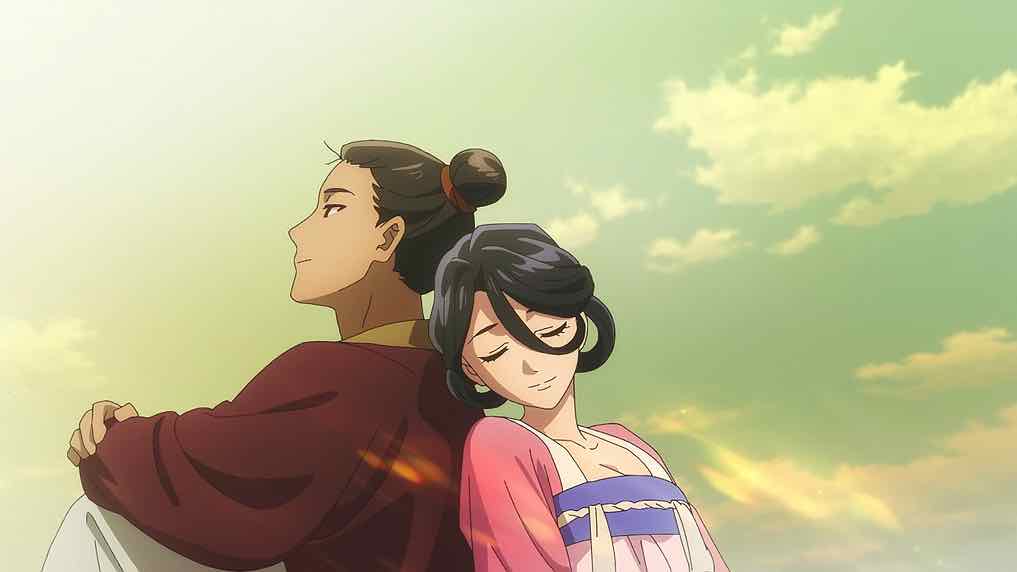
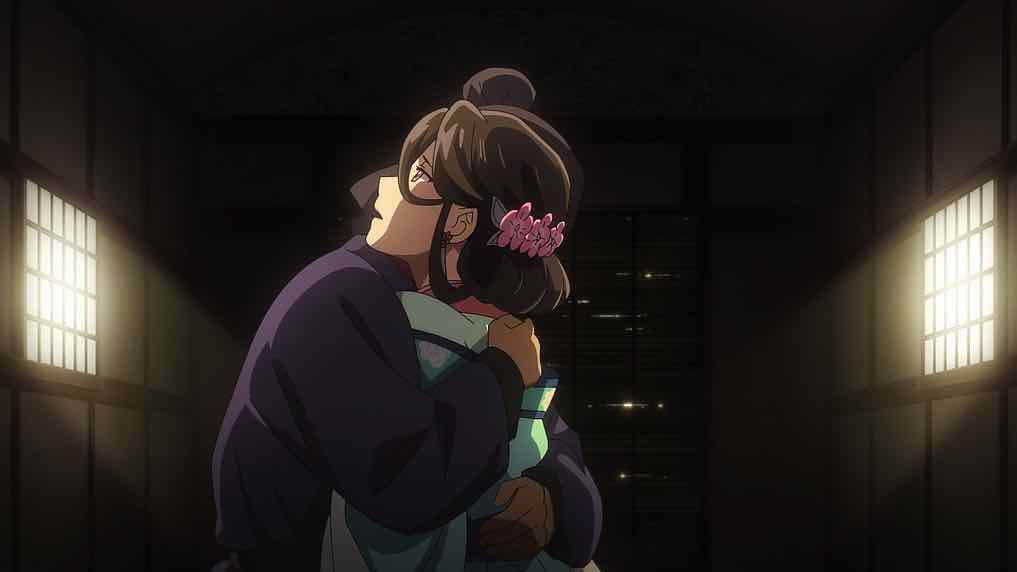

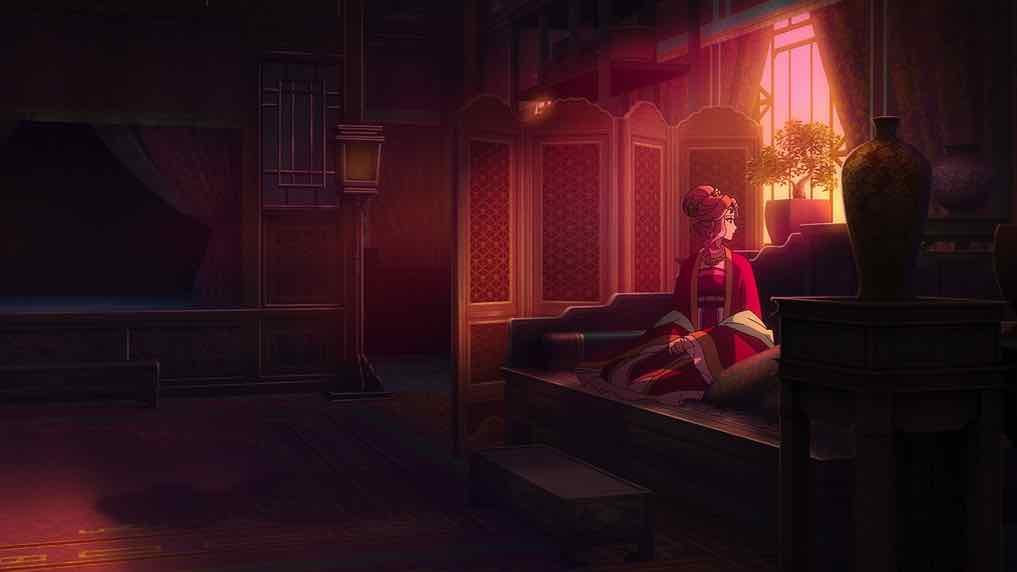
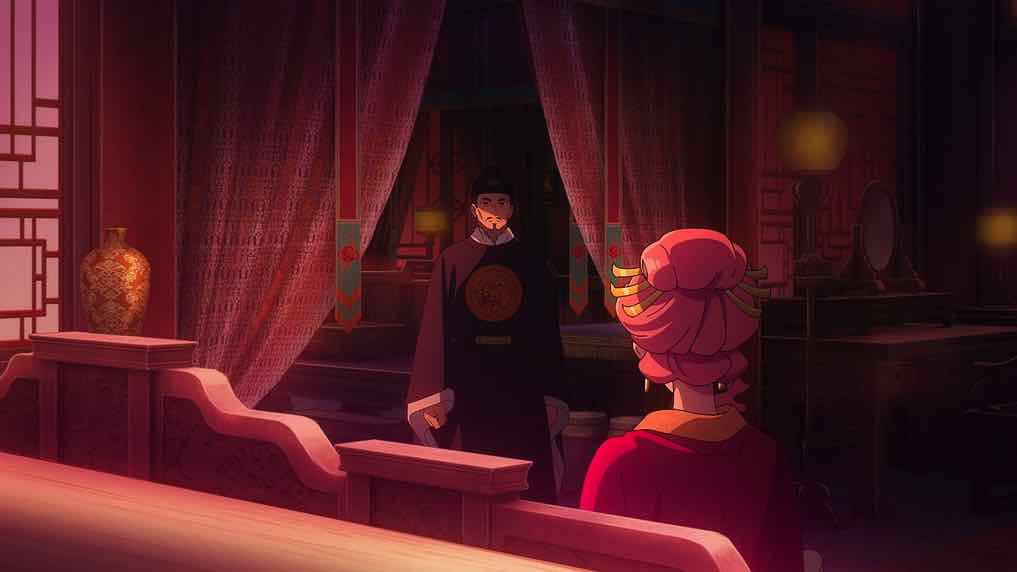
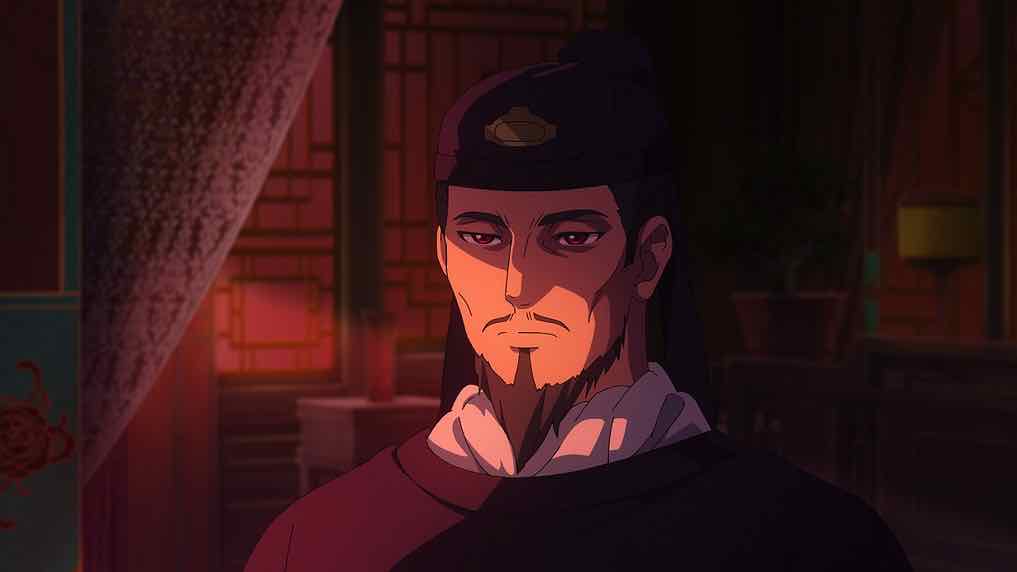
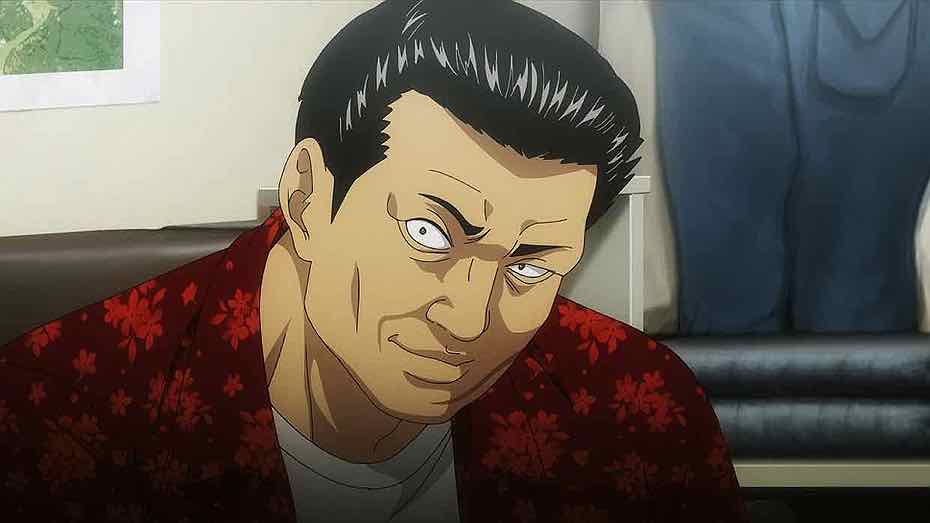
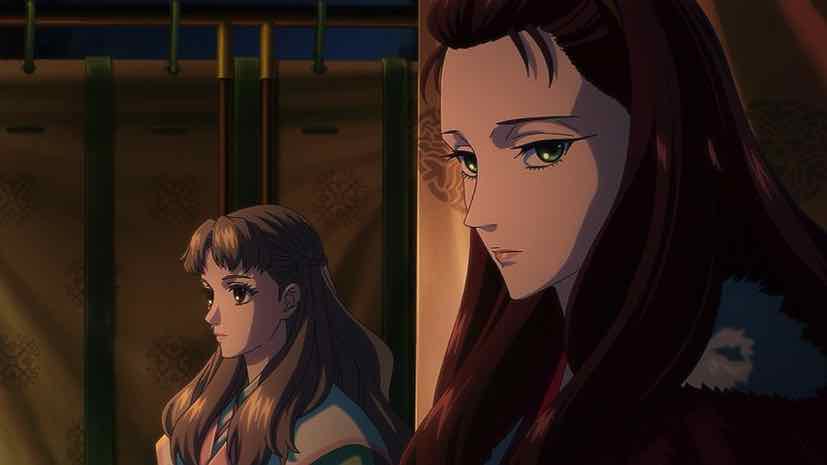
Nellie
October 22, 2023 at 9:56 pmThis remember reading somewhere that author intended Jinshi to be a one-off joke character, but he was so well-received by the audience that she had to promote him to male lead, much to her chagrin. I don’t know if there’s any truth in that, but- if there is- it’ll be interesting seeing how he develops as a character.
Guardian Enzo
October 22, 2023 at 10:06 pmOminous if true.
Kamui
October 23, 2023 at 1:05 amI’ve seen people claim she hates his guts or something. Honestly, him and the male lead in The Holy Grail of Eris (another LN worth the read) to have the same issue: they are superfluous to the story and could be easily replaced without the story suffering that much.
Chanh
December 18, 2023 at 11:35 pmThis series is a seinen, so I think that the so-called male lead doesn’t have to appear that much. However, I assure you, as the story progresses, Jinshi develops into a very well-written character and plays an important role in the story even if his screen time can be somewhat limited.
Redice
October 22, 2023 at 11:21 pmThe multi-episode start of the series is actually due to scheduling and not a creative decision. The Rugby World Cup was originally during its planned time slot.
Kim
October 23, 2023 at 1:41 amThis is the first I am hearing Jinshi was not planned as one of the mains from the beginning. That could certainly be true and the author could have just changed things about him as the story goes on. But I don’t find his role feels superfluous at all as the story goes on.
Granted I don’t find any of the recurring characters as well developed or as interesting as Maomao. I think the strength in this series is more in the stories than the characters. Not that they are bad at all I am just not overly attached. But Maomao herself is a compelling lead.
L0ken
October 23, 2023 at 2:02 amPretty competent adaptation so far, I’m pleased.
Nicc
October 23, 2023 at 2:19 pmJust when I had my Saturday schedule settled, now here comes 3 episodes at once. Ah well, I did leave from for it in advance already and it made for some good viewing. “Koukyuu no Karasu” also first came to my mind when I was watching this. The 3rd episode made me think it was about to go in the supernatural direction, but that wasn’t the case.
Okay, I should keep this short. Our MC, Maomao, is from a small village who has apothecary skills. Her frequent visits to the brothel in the city have given her a lot of knowledge. She gets kidnapped and ends up as one of the servant girls at a palace. She wanted to keep a low profile, but you’re right that she can’t keep quiet and puts herself in the middle of palace politics while trying to help out some babies. This gets the attention of others, most notably, Gyokuyou and Jinshi. The former is one of the emperor’s favorite concubines and the latter is one of the palace eunuchs. Maomao acknowledges that he’s a handsome man, and she’d probably like him if it wasn’t for the constant sexual harassment. I liked what I saw from the first three episodes as she figures out three different cases (And also makes an aphrodisiac). Her value as a poison tester is dubious due to her acquired poison resistance, but at least she gets to enjoy good food. I wonder if we’ll get more about her injured left arm too. This one looks to be a keeper for me and I’ll be back next week.
SeijiSensei
October 23, 2023 at 11:57 pmThis series brings up Saiunkoku Monogatari vibes for me. And both shows featured two of my all-time favorite seiyuu, Aoi here and Kuwashima Houko as Shurrei in Saiunkoku. Higher production values here though.
Guardian Enzo
October 24, 2023 at 6:53 amI don’t remember ever watching that one myself.